News and views

One of the most widespread community initiatives seeking to improve biodiversity in the UK is churchyard improvement schemes. Jess Botha considers why they are important and what we can learn from them.

Brennen Fagan considers the last straw in ecological modelling.
.jpg)
Clemency Cooper’s PhD research aims to understand how perceptions of thelandscape have shaped the North York Moors, and how evidence of past changemight influence decisions about its future character.
.jpeg)
What we learned, what surprised us, and what gives us hope after attending the 12th IPBES Plenary.

Georgina Mitchell introduces her current research into meanings of the emerging concept ‘urban rewilding’.
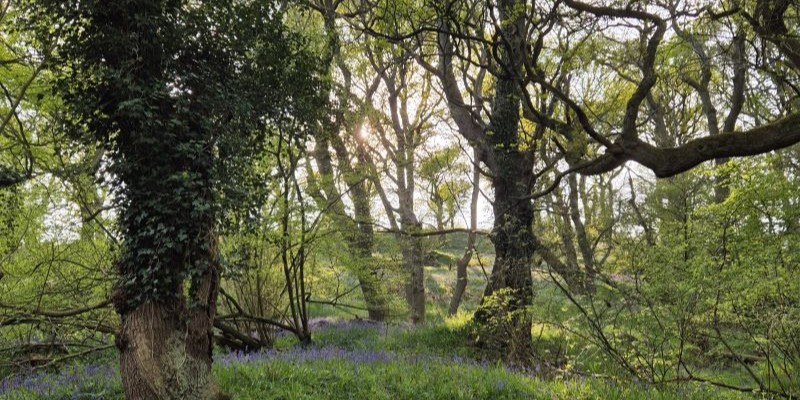
From forests to coral reefs, biodiversity underpins the health and functioning of ecosystems worldwide.
.jpg)
A new study from researchers at the universities of York and Oxford has revealed key challenges and solutions for protecting biodiversity within oil palm landscapes.
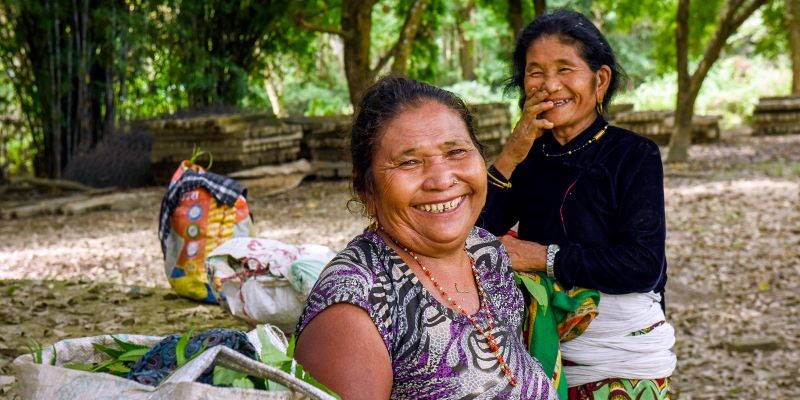
Jamie Carr highlights the growing call for rights-based, locally led conservation – andhow an international horizon scan will help reveal what it takes to make this vision areality.
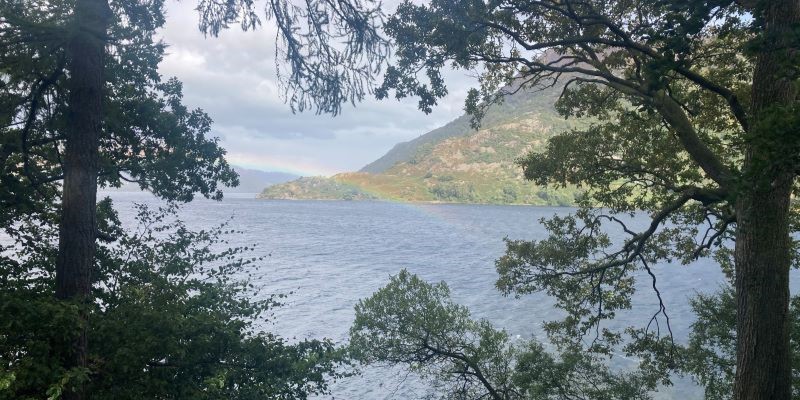
Eilidh Thompson introduces her research into the decline of fish numbers in Ullswater.
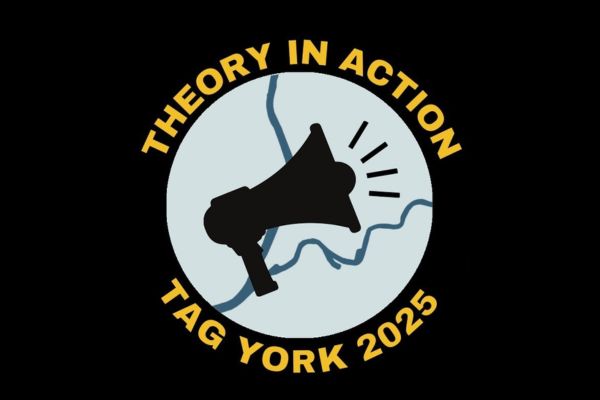
PhD student Andrew Hill reflects on the Theoretical Archaeology Group annual meeting.
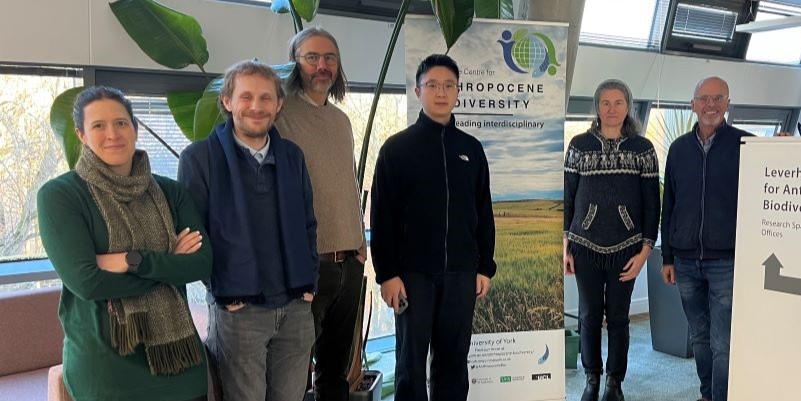
In January 2026, LCAB celebrated the successful completion of a year-long research visit by Dr Guoen Wei from Nanchang University.

Harrie Neal explores how nature connection has become a highly influential psychological framework across the environmental sciences and civil society.
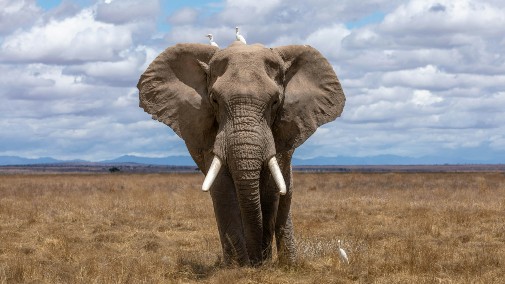
Research has shown that conservation campaigns could turn the tide on the illegal ivory trade if they focused less on themes of ‘guilt’ and more on why people want to buy ivory in the first place.
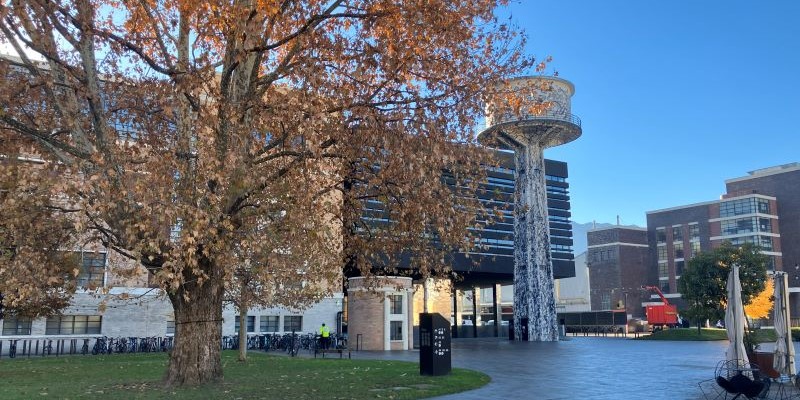
Just before Christmas Georgina Mitchell attended the Smart and Sustainable Planning for Cities and Regions conference hosted by EURAC Research in Bolzano/Bozen, nestled within the awe-inspiring Italian Dolomites.
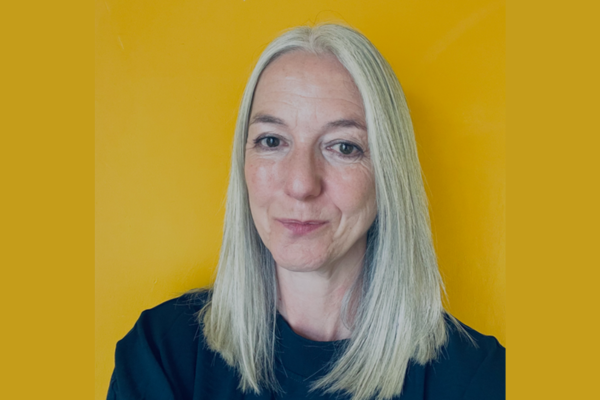
Dr Sabine Clarke joins LCAB as Associate Director representing the Arts and Humanities.
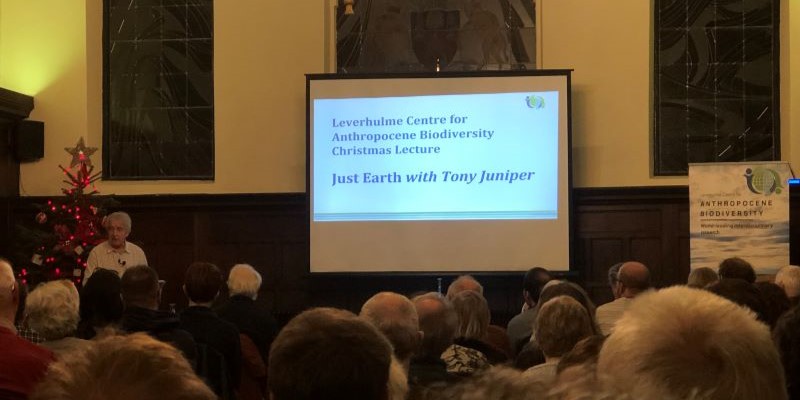
LCAB was delighted to host Dr Tony Juniper for our second Christmas lecture, held at the Merchant Taylors' Hall on 8th December.
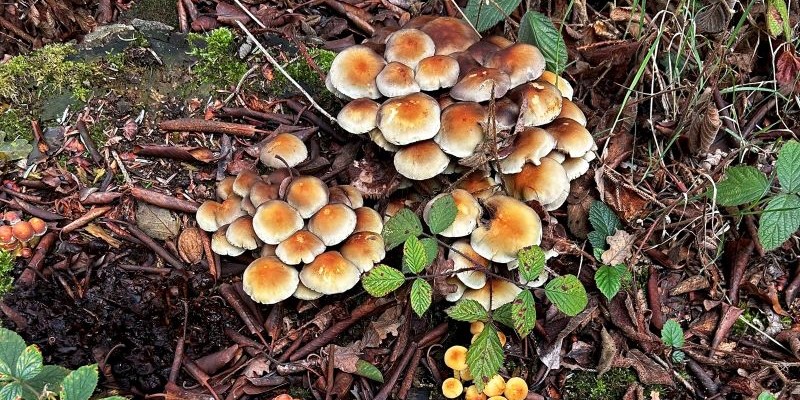
Meg Burgess discusses the importance of the history of mycology and how it affects understanding of scientific, working class, and domestic cultures.
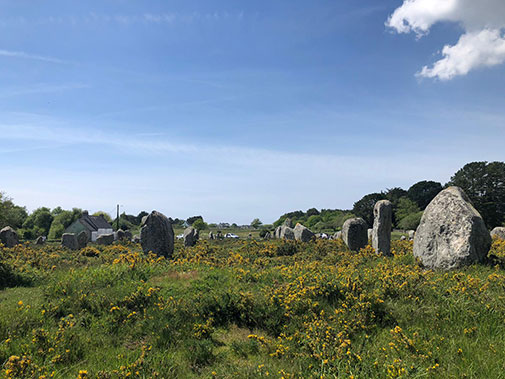
Although humans are to blame for nature’s recent decline, a new study shows that for millennia, European farming practices drove biodiversity gains, not losses.
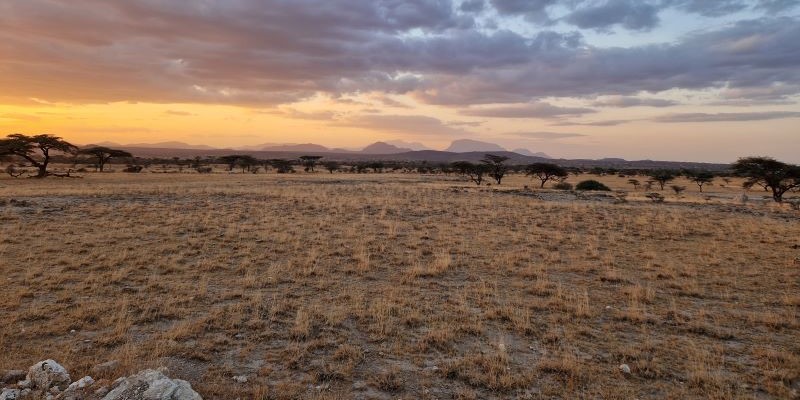
PhD student Luke Misra outlines his project on variations in carbon stocks and trade-offs with other ecosystem services in the Kruger National Park, South Africa.
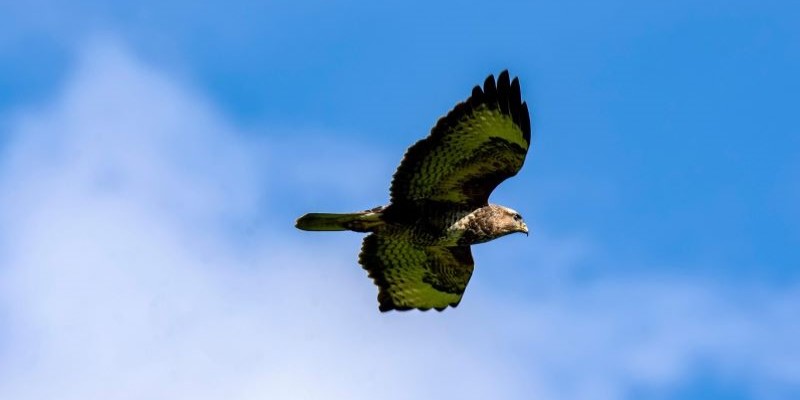
Tracey Hayes’ PhD research seeks to investigate the folk beliefs, narratives and traditions related to eagles in Ireland’s National Folklore Collection, housed in University College Dublin.
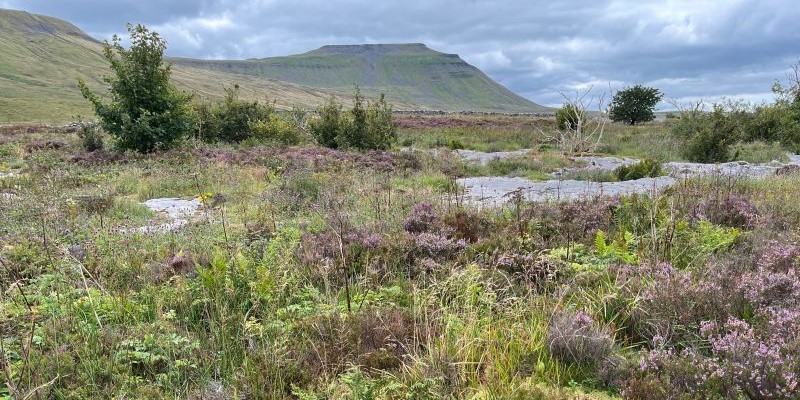
A new report led by the British Ecological Society (BES) and National Trust (NT) calls for an ecosystem approach to nature recovery.
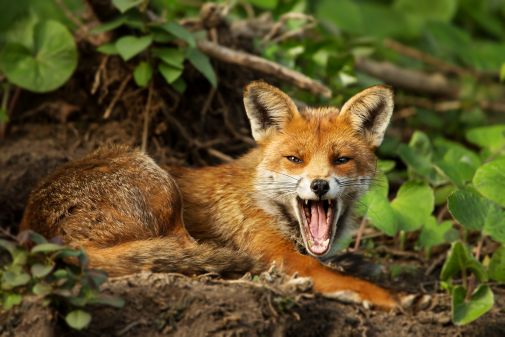
A new study argues that habituation - the process of people or animals becoming used to something, so that they no longer find it unpleasant or think it is a threat - is a much more complex two-way process than scientists have assumed.
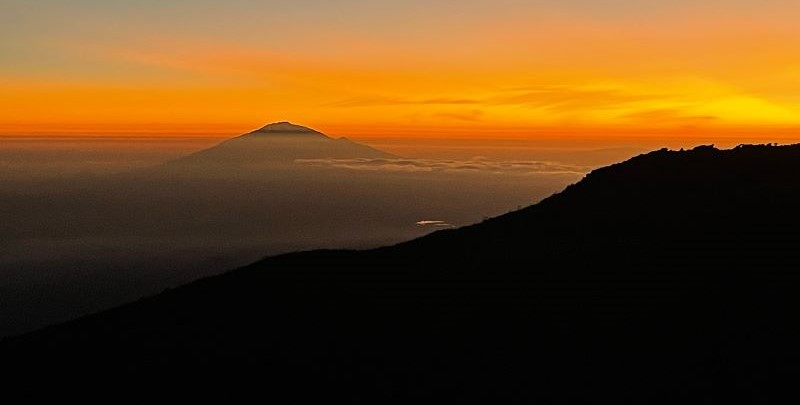
AFRI-CAN project secures €10 million in funding from the European Research Council’s (ERC) highly competitive Synergy Grant.
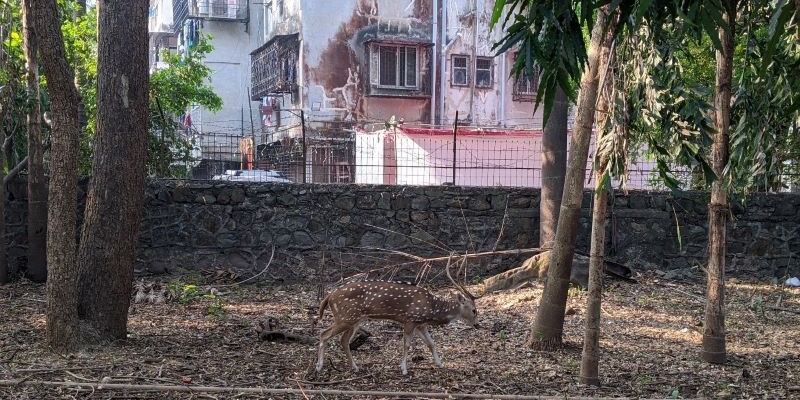
As tropical low- and middle-income countries share trends in biodiversity loss, climate risk and rapid urbanisation, green spaces can serve as multifunctional oases in otherwise concrete jungles.
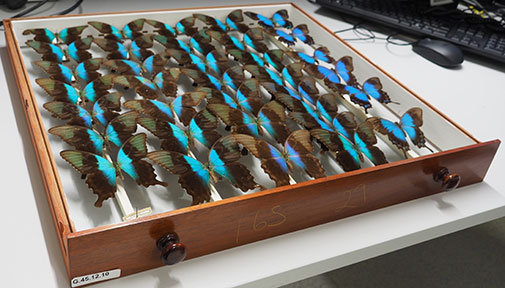
A former PhD student at LCAB has used records from museum collections and citizen science projects to show long-term patterns in the species richness of tropical butterflies.
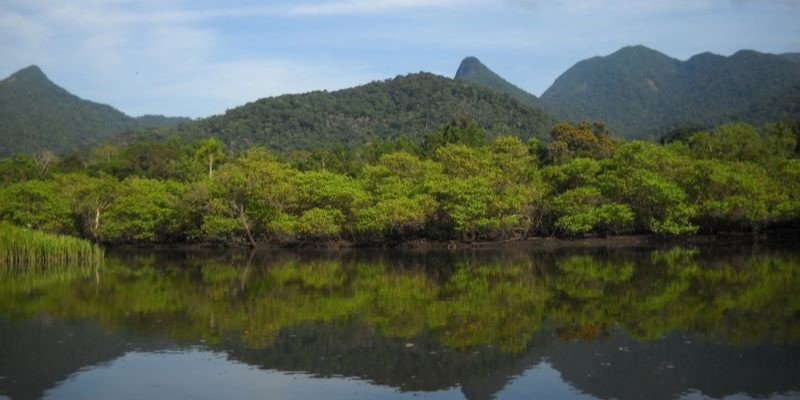
At an event co-hosted by YESI and LCAB, researchers and stakeholders shared experiences in managing and working with diverse National Parks in Brazil and the UK.
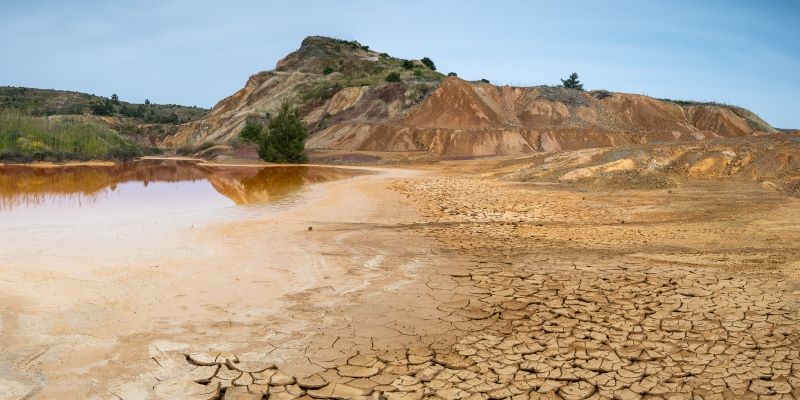
Across southern Europe and North Africa, landscapes that once supported thriving agricultural communities are increasingly under threat.
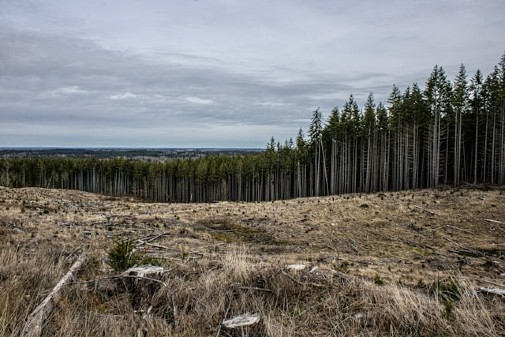
Human activity may be triggering the greatest extinction event since the asteroid impact that wiped out the dinosaurs, according to scientists.
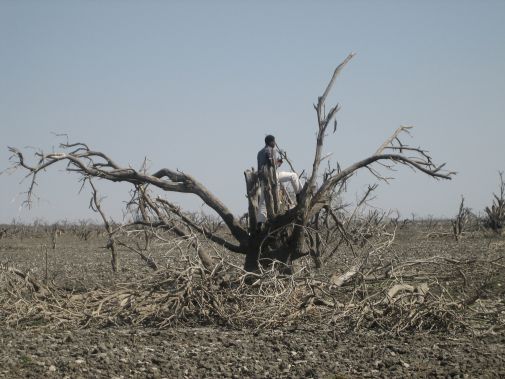
In her new paper, Lindsay Stringer explores desertification, land degradation and drought, highlighting the importance of an integrated policy approach.

October saw the first meetings of a new research group, the Applied Human Pasts group.
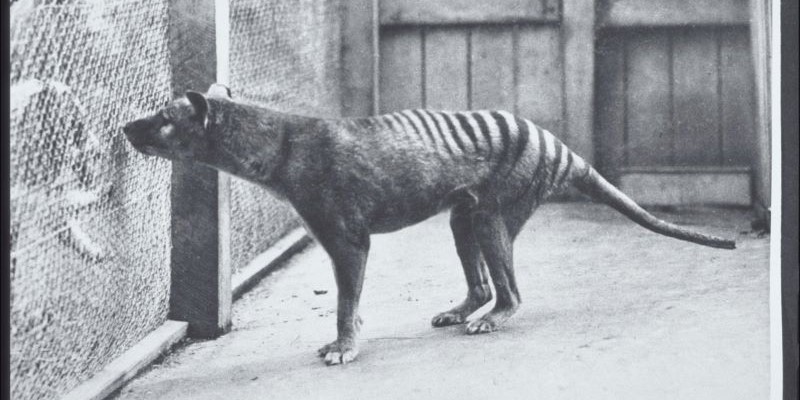
Jack Hatfield discusses his recent article resulting from a series of LCAB funded workshops bringing together paleobiologists and ecologists to discuss the evidence around how current extinctions compare to the fossil record.

Following the European Parliament’s historic vote to move wolves from the strictly protected to protected category, experts are calling on policymakers to ensure the change becomes a catalyst for fairer, more adaptive and transparent wildlife management to meet the challenges of successful species recovery.
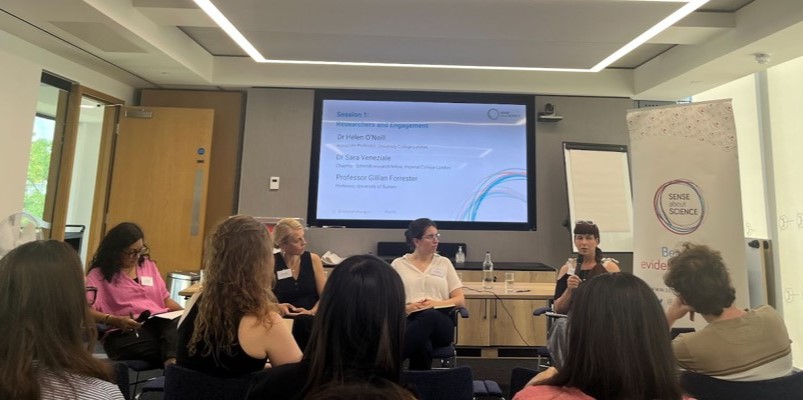
In July, Jonny Gordon joined researchers, communicators, and policy specialists at the Voice of Young Science (VoYS) workshop in London, hosted by Sense about Science
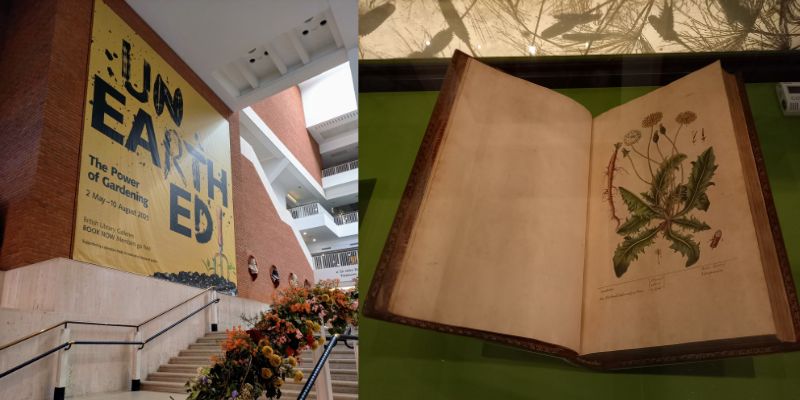
Inga Jackson reflects on her recent visit to the British Library's Unearthed: The Power of Gardening exhibition.
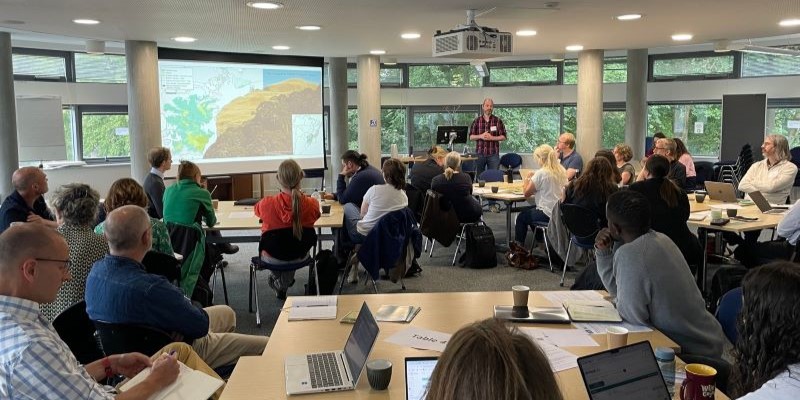
A team including LCAB researchers Lindsey Gillson, Jon Pitchford, Brennen Fagan, Inês Martins, and Chris Lyon co-hosted a workshop in June, paving the way for a more inclusive and equitable way of knowledge sharing and co-production.

Hanna Pettersson has been awarded the Society for Conservation Biology (SCB) Europe Early Career Conservation Award 2025.
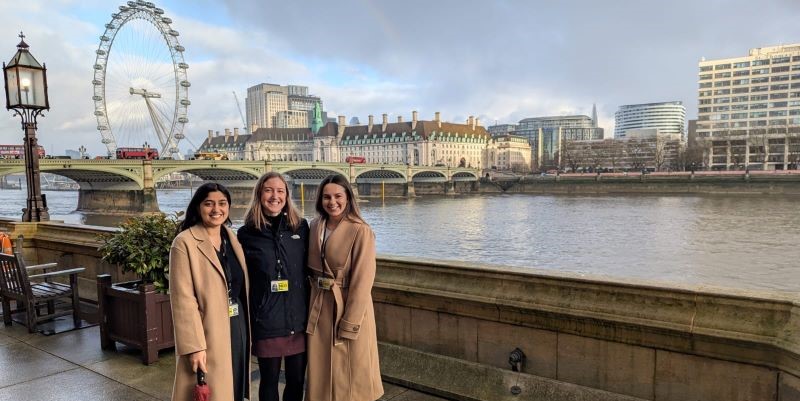
PhD student Charlie Le Marquand reflects on her three month POST Fellowship at the Houses of Parliament.
.jpg)
A leading environmental scientist has been recognised in the King’s Birthday Honours, alongside a former Academic Registrar from the University of York.
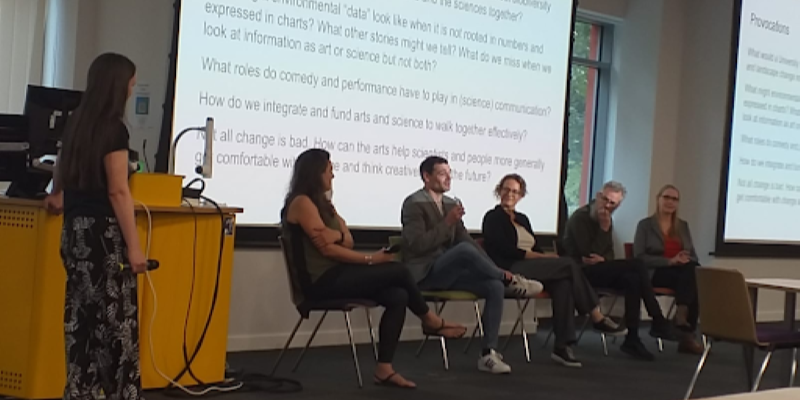
As part of the York Festival of Ideas, Pen Holland and LCAB director Lindsey Gillson arranged a special edition of their interdisciplinary series Ecospaces.
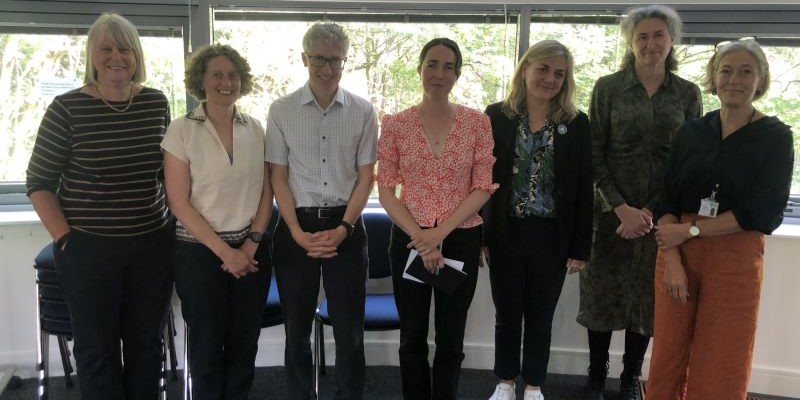
LCAB had the honour of hosting a panel discussion on the benefits of nature and biodiversity to human wellbeing.
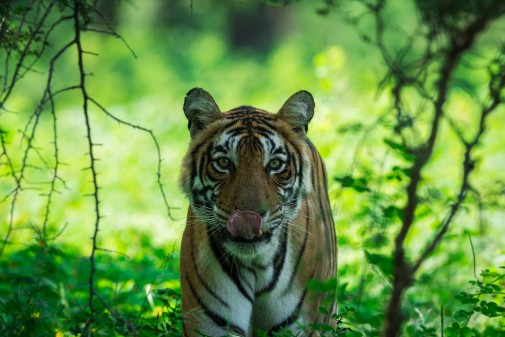
Researchers have updated the largest biodiversity time-series database on the planet to include data from over half a million locations worldwide.

Two University of York scientists have been elected Fellows of the Royal Society in recognition of their achievements in the fields of ecology and mathematical virology.
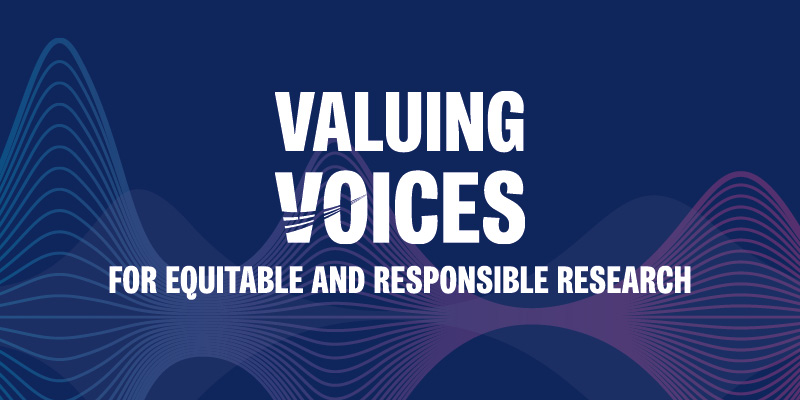
A new initiative aims to bring together University of York researchers with local communities to create shared visions of their future landscapes.
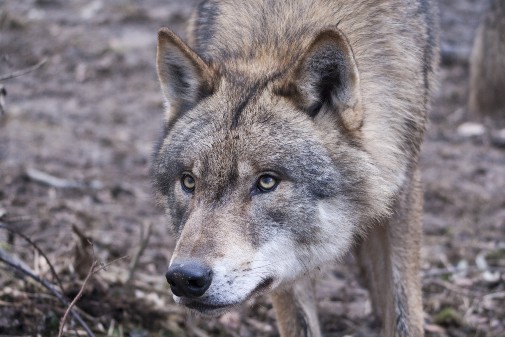
Researchers have suggested appointing practitioners or stewards to bring together local knowledge and conservation practices to inform policies on coexistence with large carnivores such as wolves, bears and lynx.

A group of researchers shut in a room for the day trying to answer one question with only their wits and ingenuity, and of course a tonne of big data. What could go wrong? Jonny Gordon, Brennen Fagan and Jack Hatfield discuss.
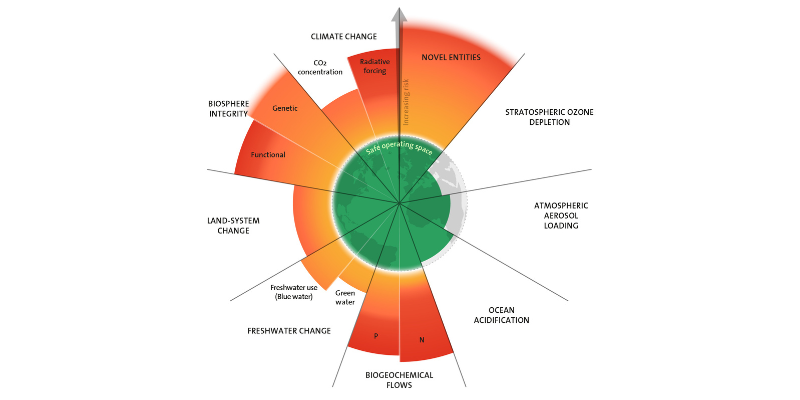
The need for information on long-term change throughout the Holocene provides an interface for sustainability science and palaeoecology.
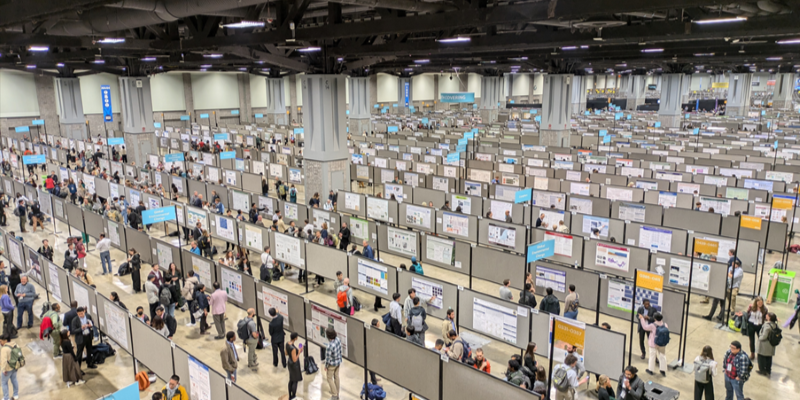
LCAB PhD student Andrew Gibson shares his experience of the American Geophysical Union annual conference
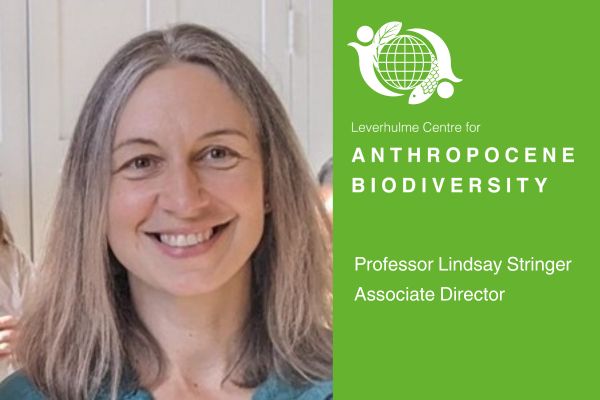
Professor Lindsay Stringer is the new Associate Director of the Leverhulme Centre for Anthropocene Biodiversity. Here we talk about her area of work and what drew her to the Centre.
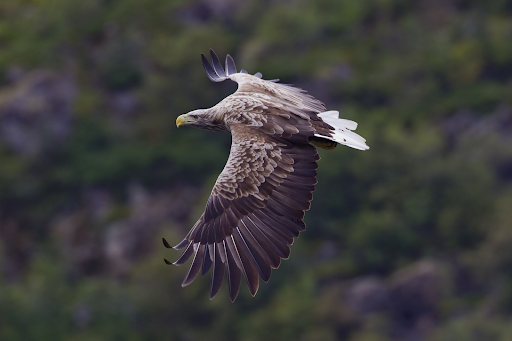
Postdoctoral Researcher Brennen Fagan discusses how mathematics might help us understand the Lake District.

On a crisp autumn afternoon, Charlie Le Marquand peered nervously through the windows of Central Hall and watched as a cluster of 12 and 13 year olds approached the building. This was to be her first go at secondary school outreach.
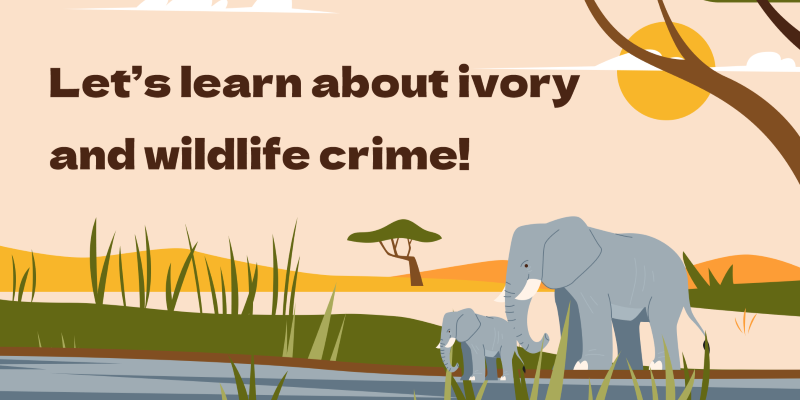
Molly Bown visits a York primary school to talk about the topic of her PhD research.
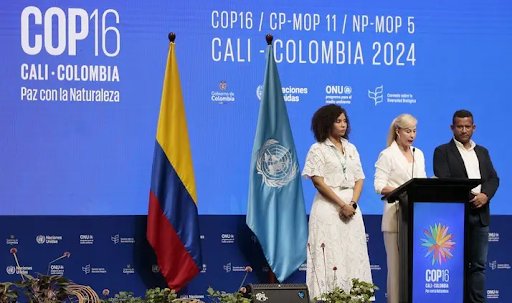
Molly Brown shares her highlights of coordinating a project which brought together academics, NGO practitioners and government officials.
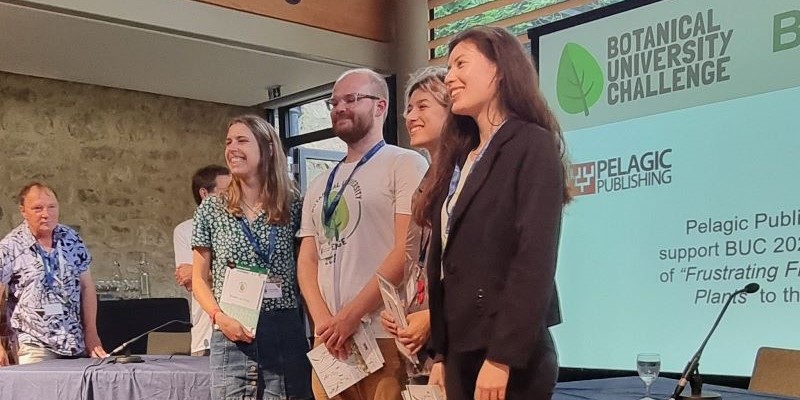
Three LCAB researchers enjoyed success at this year's Botanical University Challenge, facing down Reading and Kew Gardens but were ultimately bested by Cambridge.
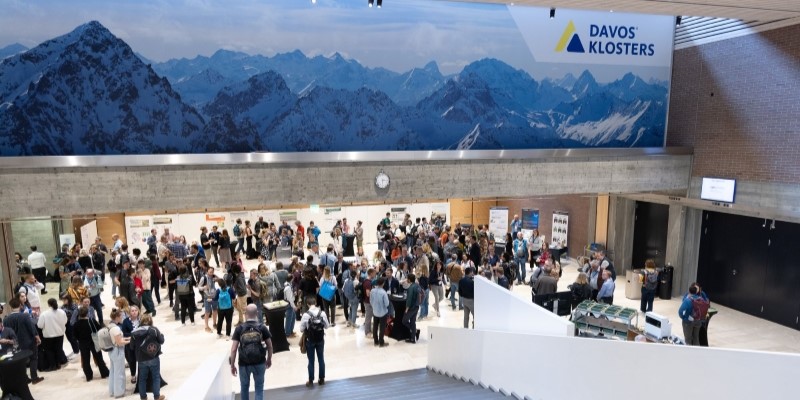
It was a busy summer for LCAB. Staff and students represented the centre at a number of national and international events.
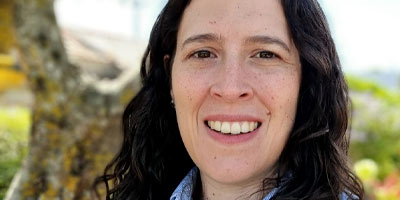
Dr Inês Martins, of York’s Department of Biology, has been awarded a prestigious University Research Fellowship (URF) from the Royal Society.
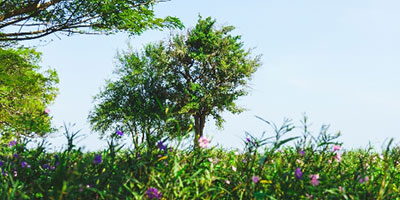
Humans have been an important driver of vegetation change over thousands of years, and, in some places, had positive impacts on biodiversity, according to a new study.
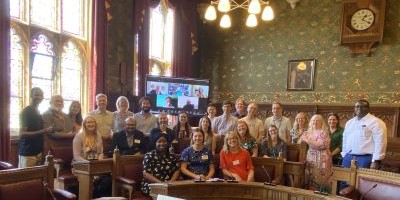
A successful Dragons' Den Style Pitching Session was held in The Guildhall Council Chamber, the culmination of YESI's Interdisciplinary Research Training Programme, "Building interdisciplinary research culture to tackle environmental sustainability challenges: From novice to ninja"

A growing number of people across Europe are facing the challenge of living with large carnivores. Hanna Pettersson explores its socio-economic implications through a case study in Northern Sweden.
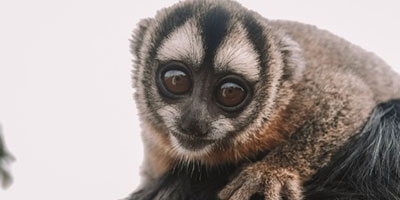
Being nursed by a single parent could be an evolutionary strategy to curb the spread of harmful microbes in mammals, according to a novel theory developed by mathematicians.
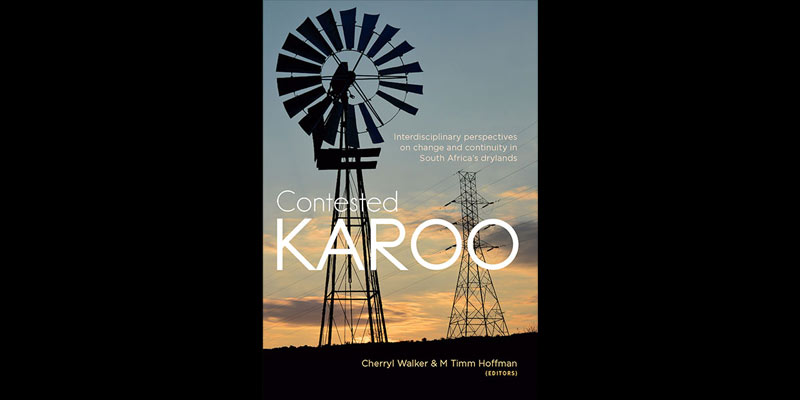
LCAB Director Lindsey Gillson was part of a group of researchers who have taken an interdisciplinary approach to understanding the complexities of Karoo landscapes.
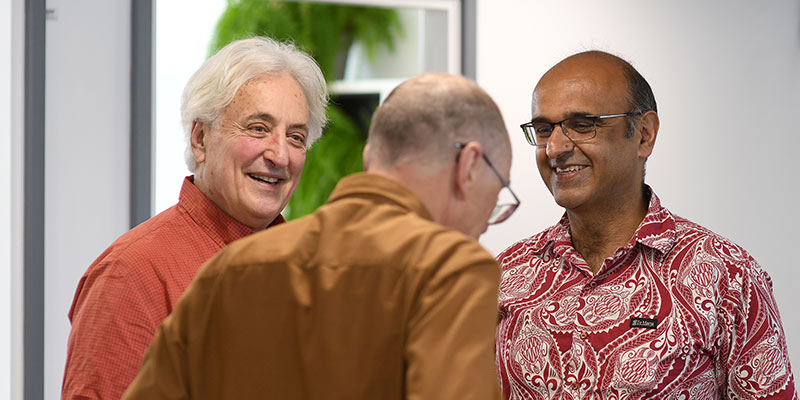
Professor Robert Costanza has been awarded the prestigious Blue Planet Prize for his work studying the economic importance of intact natural ecosystems on society.
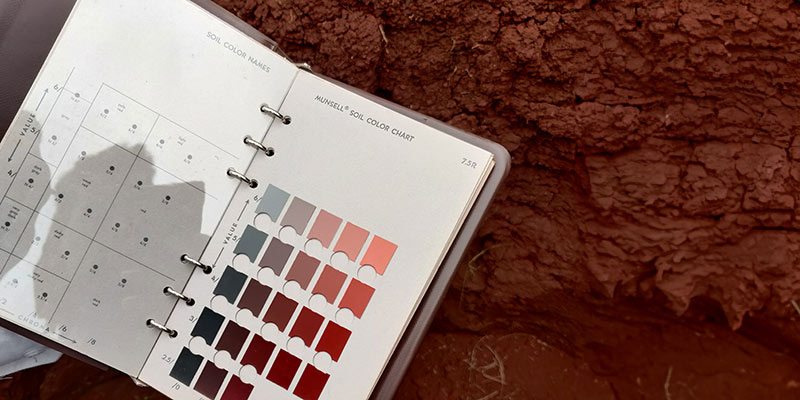
Julia Schauerman and Theo Tomking recently exhibited their final piece of work as part of the LCAB Artist in Residence scheme.
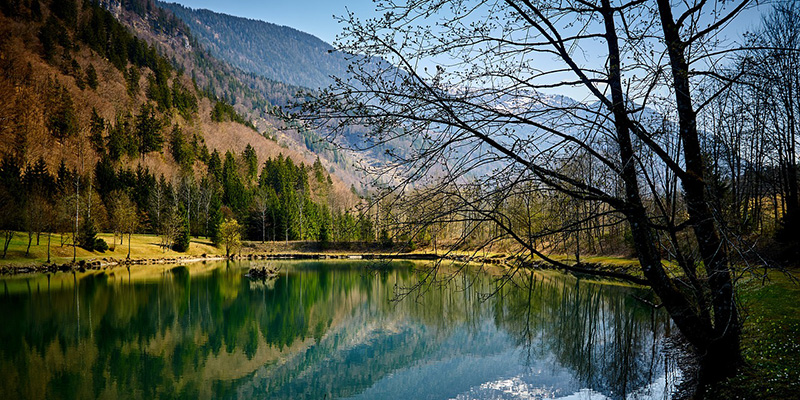
Hong Jiang discusses the future view of protected area and other effective area-based conservation measures expansion, and the difficulty of achieving these goals.

We were delighted to welcome world renowned researcher Erle Ellis to LCAB to share his work with us.
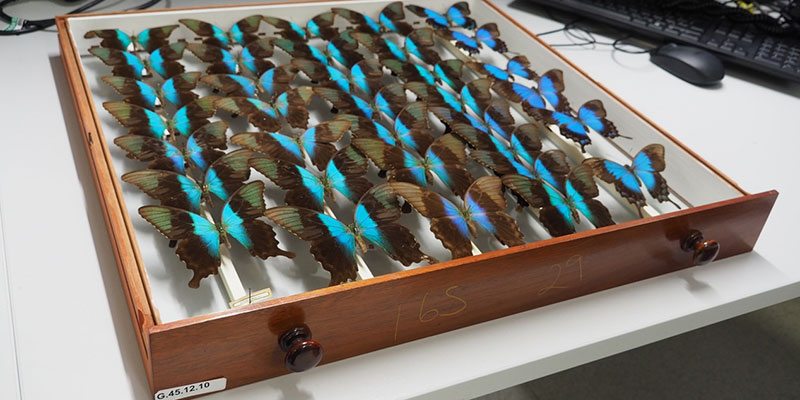
Do endemic butterflies differ from non-endemic butterflies in elevation and thermoregulatory traits?
Climate change and land-use change are threatening biodiversity globally.
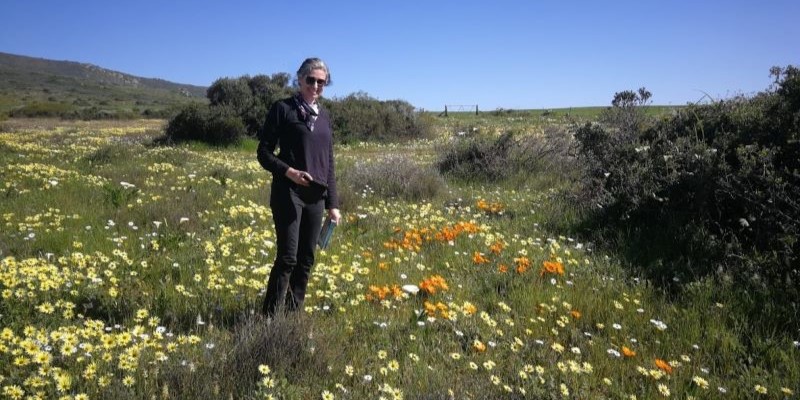
Professor Lindsey Gillson is the new Director of the Leverhulme Centre for Anthropocene Biodiversity. Here we talk with her about balancing the good and bad of human impact on planet Earth.
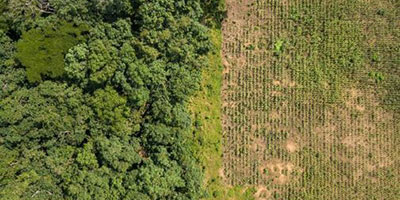
Nature conservation is successful in halting and reversing biodiversity loss, according to the findings of a major new study co-authored by a University of York academic.
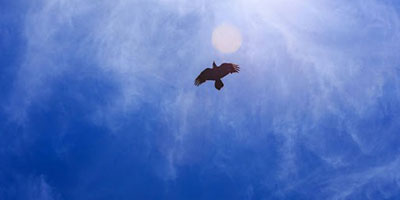
By mid-century climate change is set to become the primary cause of biodiversity loss, but there is still time to reduce the impact on global ecosystems and species, scientists say.
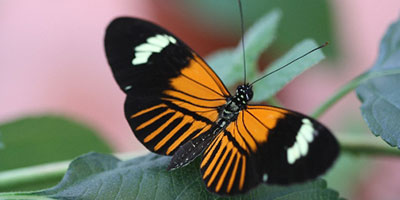
Researchers have shown that an Amazonian butterfly is a hybrid species, formed by two other species breeding together almost 200,000 years ago.
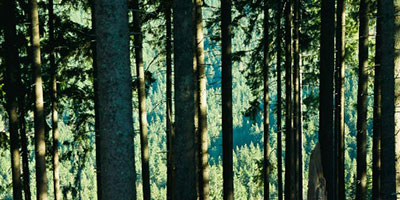
The boreal forest, covering much of Canada and Alaska, and the treeless shrublands to the north of the forest region, may be among the worst impacted by climate change over the next 500 years, according to a new study.
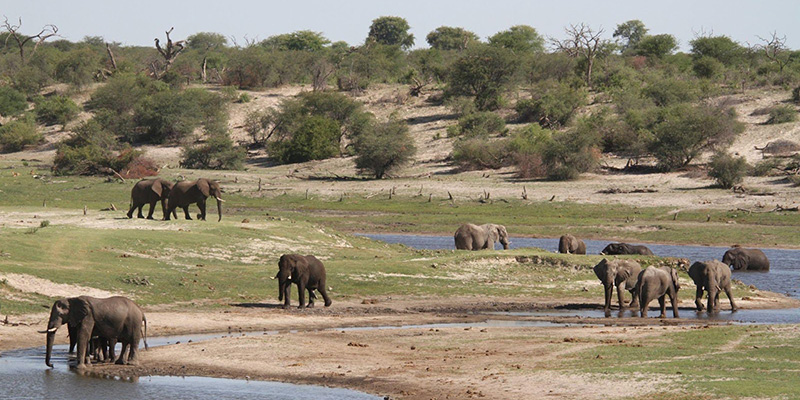
As researchers, we spend a lot of time communicating our work. Why is it important? What did we do? What have we learnt? Where could we take this next?
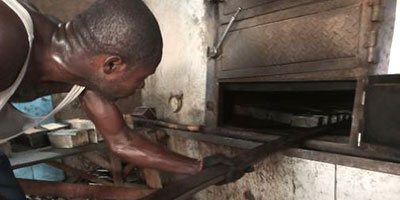
Bakeries in Nigeria which use traditional open ovens fuelled by hardwood cut from local forests are contributing to rapid deforestation and climate change, according to a study from academics working in Nigeria and from the University of York and UCL.

Molly Brown draws on sources from across the UK, Africa and Asia to highlight the role that demand has played in forming our values towards ivory and elephants.
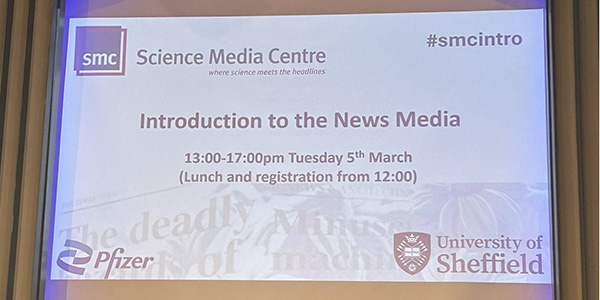
PhD student Molly Brown shares her takeaways from the ‘Introduction to News Media’ session run by the Science Media Centre.
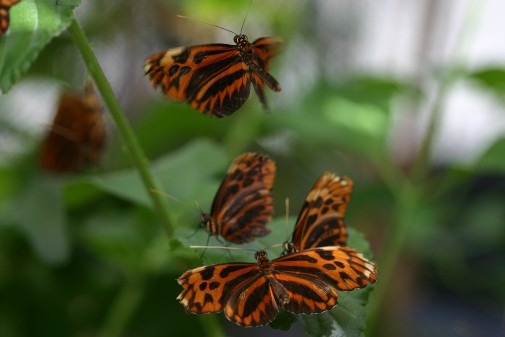
Researchers have shown that inedible species of butterfly, that mimic each other's colour patterns, have also evolved similar flight behaviours to warn predators and avoid being eaten.

PhD student Chantal Berry writes about her experiences at the Huddersfield Contemporary Music Festival and how they have inspired her current research.
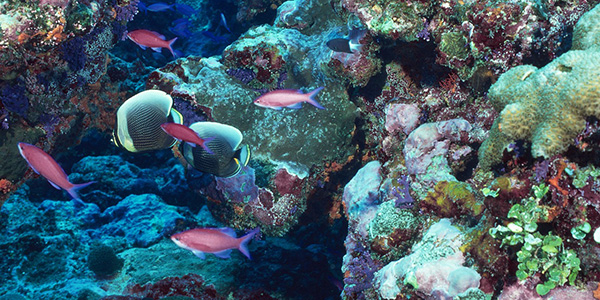
Postdoctoral Research Associate Jack Hatfield discusses Ecology and biodiversity change, including the turnover of species and the losses and gains that change generates.
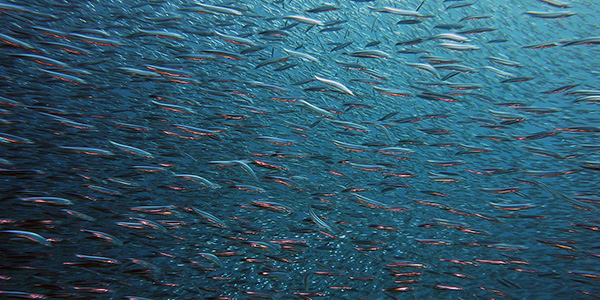
PhD student Marco Franzoi gives his thoughts on biodiversity and the risks that it can be subjected to.
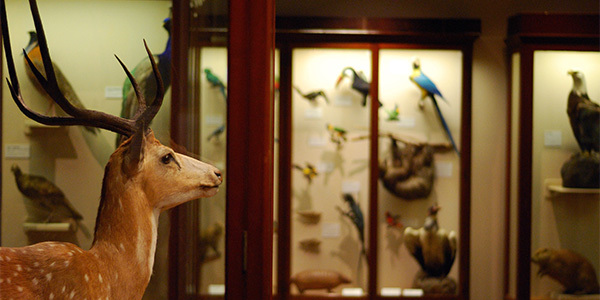
Postdoctoral Researcher Brennen Fagan considers the implications of the creature collecting media.
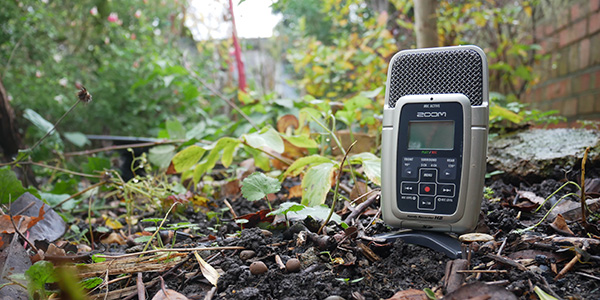
Over the past year myself and Julia Schauerman have been working on an LCAB artist residency project called Growing Stories for Different Climates. As our composition now comes toward its end, I would like to take this opportunity to reflect on the process of collaboration and the ways our project has brought arts and sciences together.
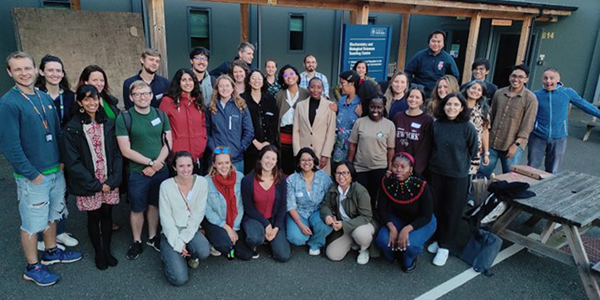
The Interdisciplinary Conservation Network (ICN) aims to provide opportunities for Early Career Researchers to develop transferable skills and leadership; come together to think through cross-cutting and topical issues; and develop collaborative research with other ECRs from around the world.
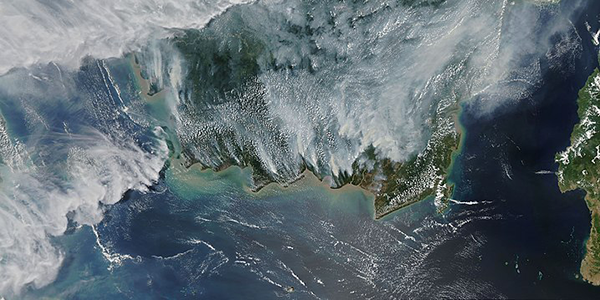
PhD student Andrew Gibson discusses a recent LCAB research forum led by Dr Felicia Liu, a lecturer in sustainability in the Department of Environment and Geography at the University of York.
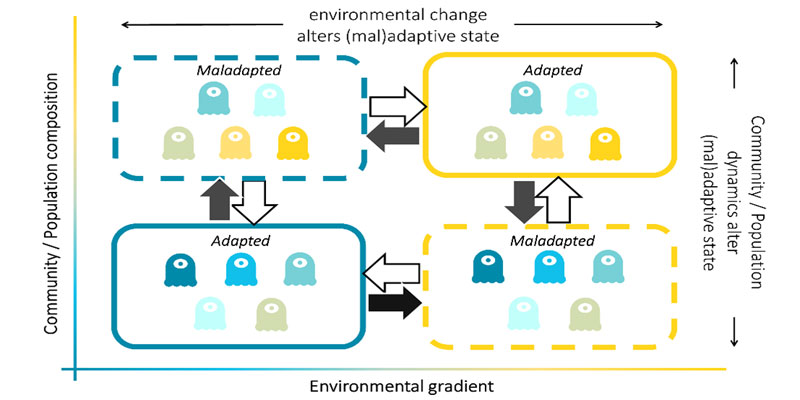
Postdoctoral research associate, Tadhg Carroll discusses the utility and possible implications of viewing recent biodiversity change, as adaptation to shifting environments.

In July, LCAB’s Katie Noble and I climbed into some metal and carbon fibre tubes and travelled through the sky and the future to The Land Down Under. Apparently, the hippie trail is rewilded, and gassy, fried-out Kombis are harder to come by, so aeroplanes it was.
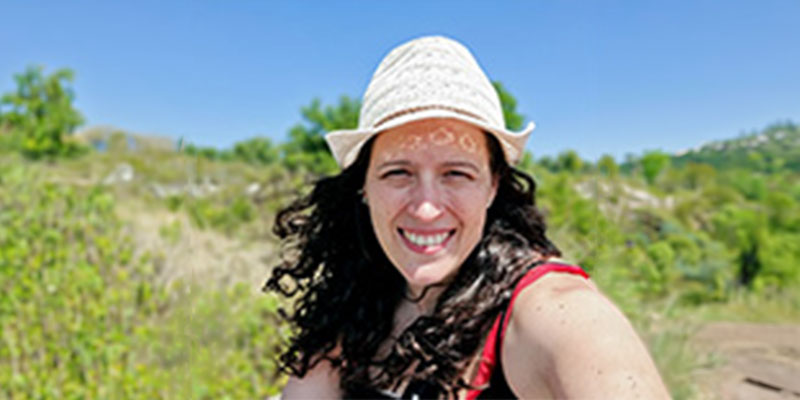
Everyone at LCAB would like to offer their congratulations to Dr Inês Martins, who has recently had a paper published in Science!
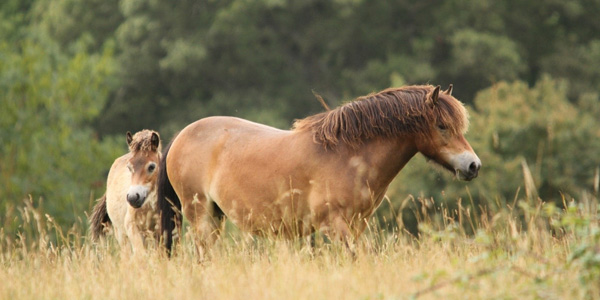
Postdoctoral researcher, Hanna Pettersson, looks back on her first year with the Leverhulme Centre for Anthropocene Biodiversity and discusses the contemporary topic of Rewilding.

Postdoctoral Research Associate Jamie Carr describes why he feels greater attention should be given to the non-environmental enabling conditions that can facilitate better conservation outcomes.
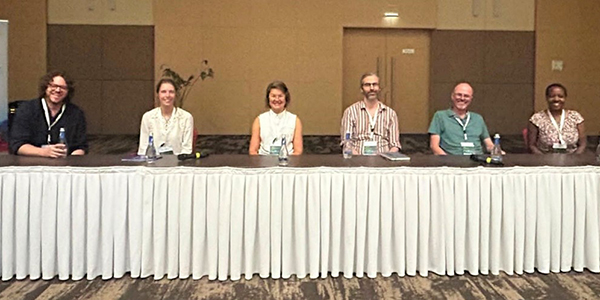
Postdoctoral research associate Dr Tabitha Kabora reports on the International Congress for Conservation Biology, held in Kigali, Rwanda 23-27 July 2023 by the Society for Conservation Biology.
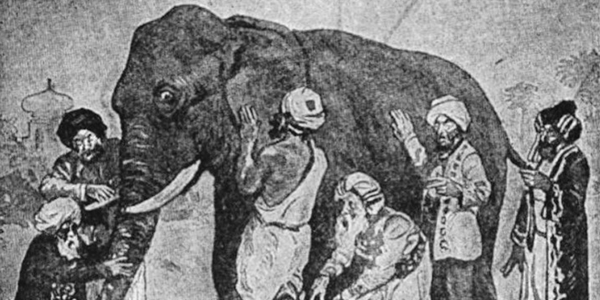
Postdoctoral Researcher Brennen Fagan discusses debates centred on biodiversity.
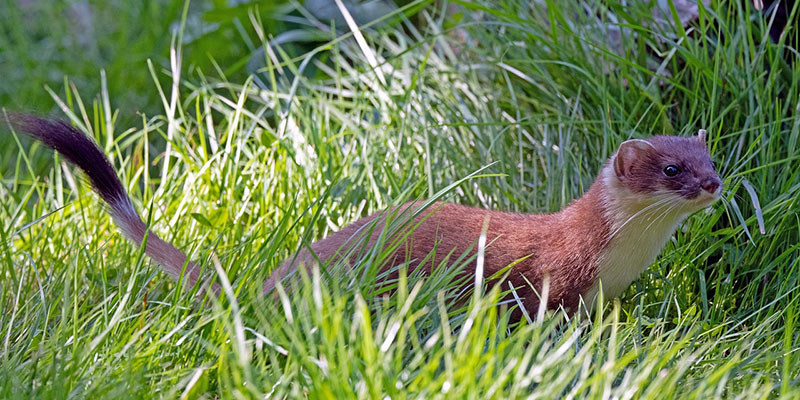
Introduced species are often a complex and contentious issue. Jack Hatfield discusses the case of stoats on the Orkney Islands.

Chris Thomas and Emma Marris in conversation as part of the York Festival of Ideas.

In LCAB last month we were joined by Professor Harriet Ritvo an Arthur J Connel Professor of history at MIT. In a series of group discussions and seminars, we chatted about what biodiversity can do for the arts (a subversion of the common ‘what can the arts do for the sciences?’ question), ‘compensating for loss’ (in terms of extinctions) and how to break down interdisciplinary boundaries.

PhD student Theo Tomking and Artist in Residence Julia Schauerman reflect on the process of collaboration throughout their time working together on the Artist Residencies programme.

PhD student Hien Luong reflects on how he became a researcher at the University of York and how he aims to bring together the disparate worlds of nature conservation and money from the Financial Markets.
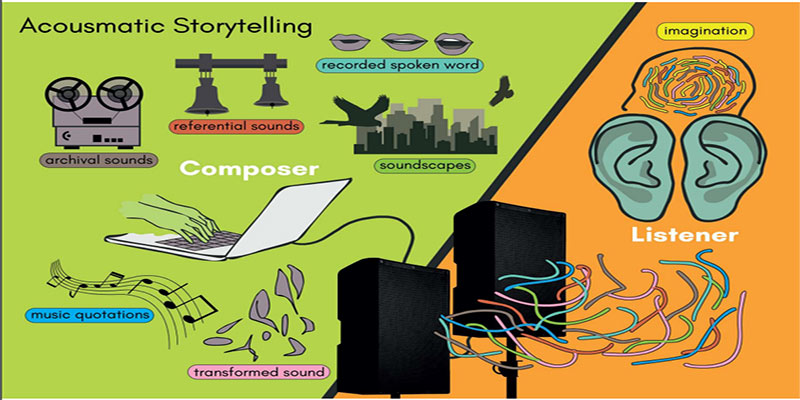
As part of the LCAB Artists Residency programme, PhD student Theo Tomking and artist Julia Schauerman have been developing 'Growing Stories for Different Climates.' This will be an acousmatic story composition; a type of storytelling that uses recorded spoken word set within composed sound scenes which evoke specific places and time periods.
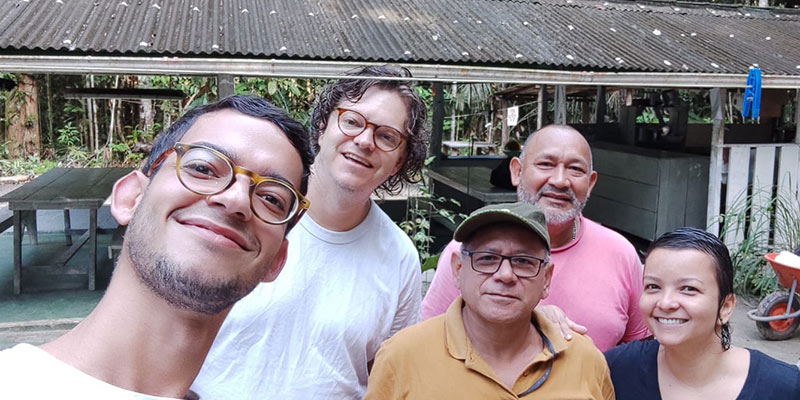
In May 2023 LCAB Fellow Dr Jonathan Cane and his research collaborator Dr Andre Prado Fernandes visited Manaus and the Biological Dynamics of Forest Fragments Project Area of Relevant Ecological Interest (DBFFP) in Brazil.
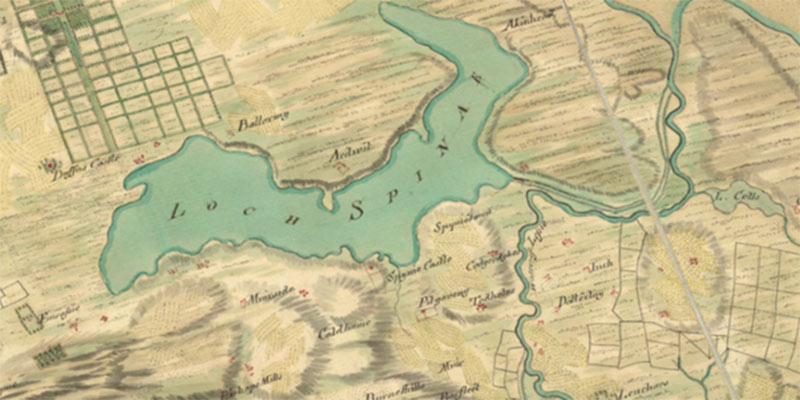
Post doctoral researcher, Michael Stratigos, discusses how protected areas are now set to become a key tool in the fight against declines in Biodiversity. Following the Montreal-Kunming COP15 which has seen many national governments pledge to protect 30% of land and sea for the protection of nature by 2030 (the 30 by 30 target), protected areas will see rapid expansion and many other existing designations will be adapted to ensure greater protection of biodiversity.
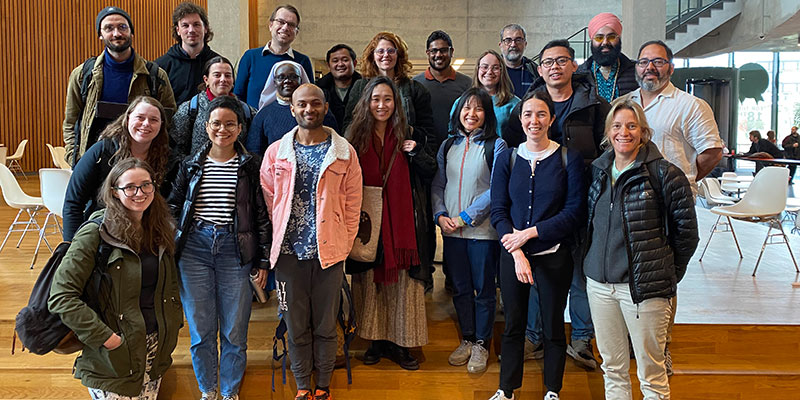
In early April 2023, PhD student Nikki Paterson attended an intensive political ecology spring school at Wageningen University in the Netherlands. Led by Professor Bram Büscher and Dr Robert Fletcher, and hosted by the School of Social Sciences, the week was centred around the theme 'The natures of life and death: Political ecologies of collapse, transformation and revival'.
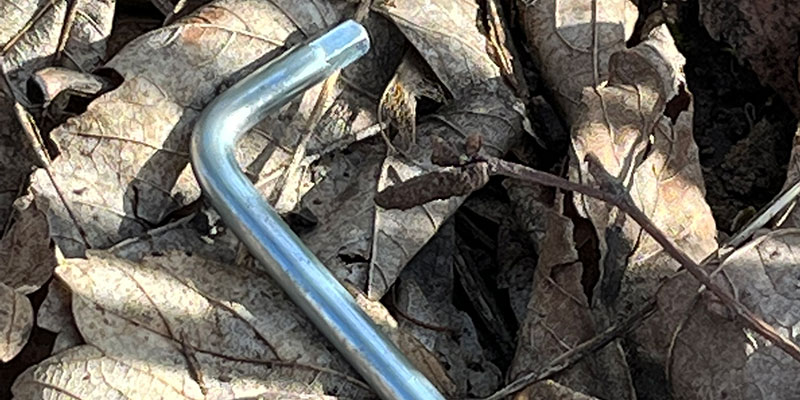
Jack Hatfield discusses to what extent we can intentionally shape ecosystems and invites your thoughts on the matter.
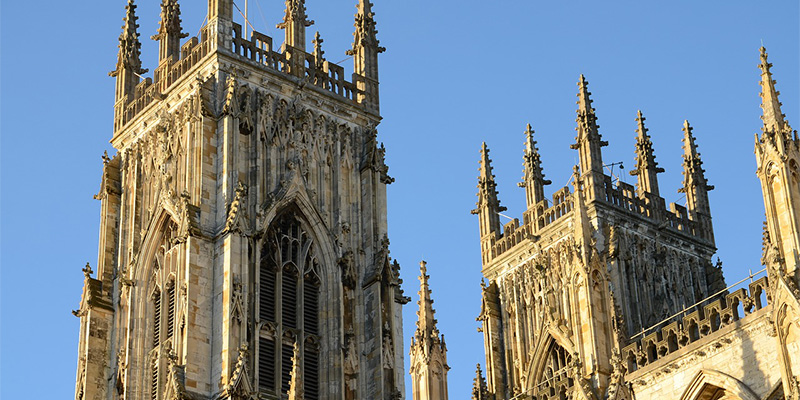
Artist in Residence Laura Denning and PhD candidate Chantal Berry are roughly halfway through their collaboration as part of LCAB's artists residencies programme. Laura looks forward to plans for the coming months as their research and ideas begin to crystallise.
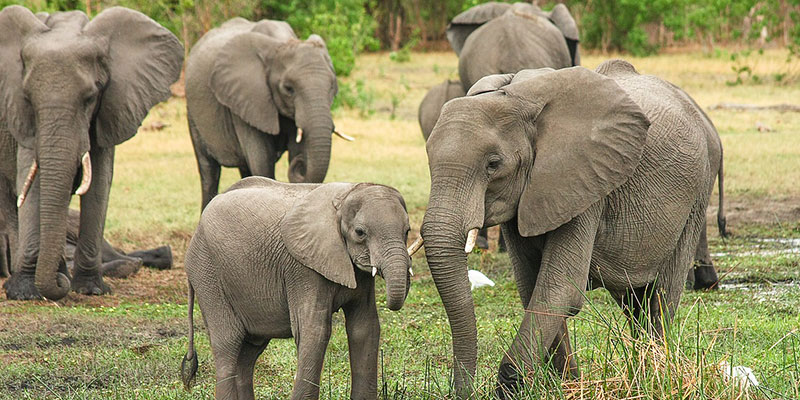
PhD student Molly Brown discusses how she is interested in the effectiveness of the approaches undertaken to curb consumer demand for ivory, commonly referred to as demand reduction, and assesses the potential for actual behavioural change across the landscape of demand reduction approaches.
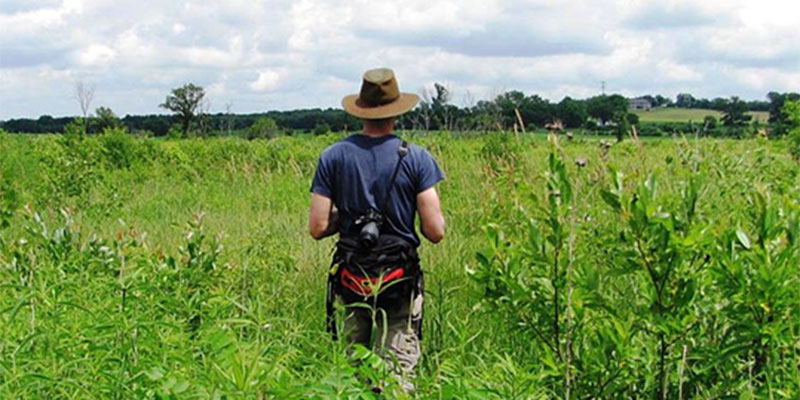
Postdoctoral Researcher Brennen Fagan reflects on loss in research, and how some researchers move forward.
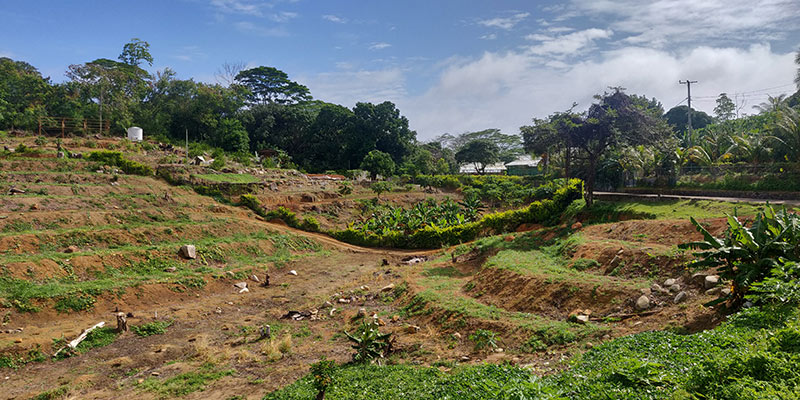
PhD student Theo Tomking shares the focus of his research which looks at representations of soils in tropics in the twentieth century.
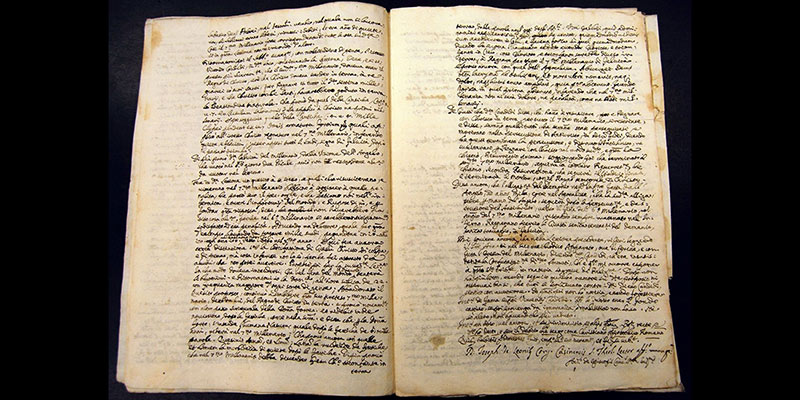
PhD student Chantal Berry recently visited the Nottinghamshire Archives, to ascertain the sources available for her research into rural soundscapes of early modern England, a broad title for her thesis. Here is Chantal’s account of her visit.
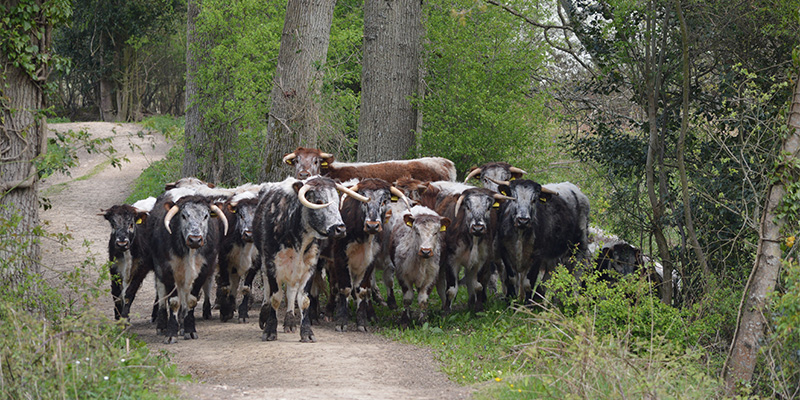
Professor Chris Thomas has reproduced the following article from the conference booklet of a New Networks for Nature meeting. He reflects on being both a scientist and a naturalist and on how we need to change our food production system to sustain our increasing human population.
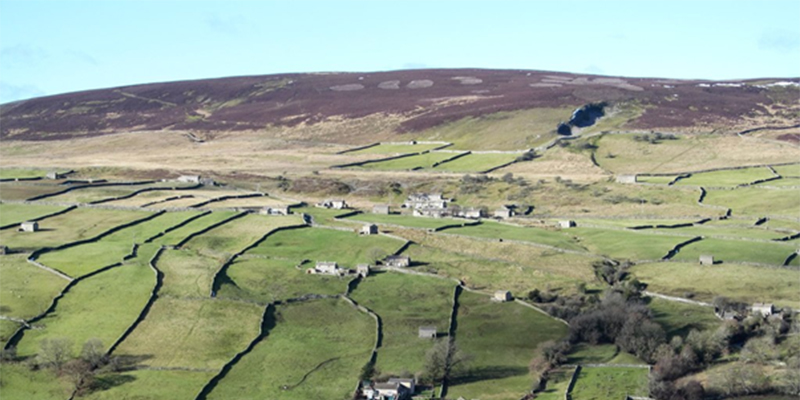
In the new research paper published in People and Nature, led by post doctoral research associate Michael Stratigos, an important archaeological dataset, Historic Landscape Characterisation, has been brought to bear on how protected areas are biased not only for certain types of physical landscapes and habitats, but also to certain types of historic cultural landscapes.

PhD student Tyler Gaines discusses how countries, governments, and consumer groups are increasingly aware of the potential environmental consequences driven by their consumption behaviour.
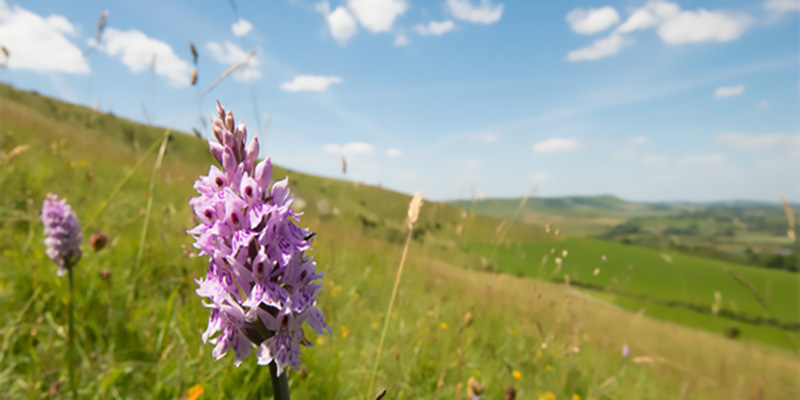
What is natural is beautiful. This belief underpins the United Kingdom's policy on National Parks, with National Parks explicitly committed to preserving and enhancing the UK's 'natural beauty'. But what is 'natural'? And what is 'beautiful'?, PhD student Jonathan Gordon asks.
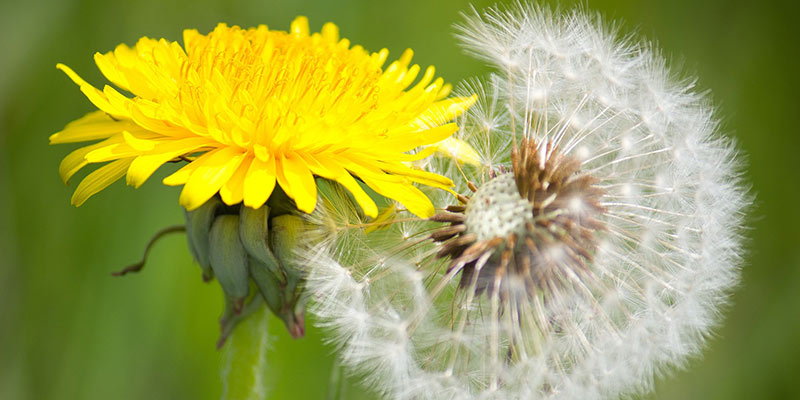
PhD student Megan Tarrant recently returned from the 2022 Earth Systems Governance Conference in Toronto. In this article she considers the topic of “transformation” and how it links to justice, which featured heavily in the conference proceedings.
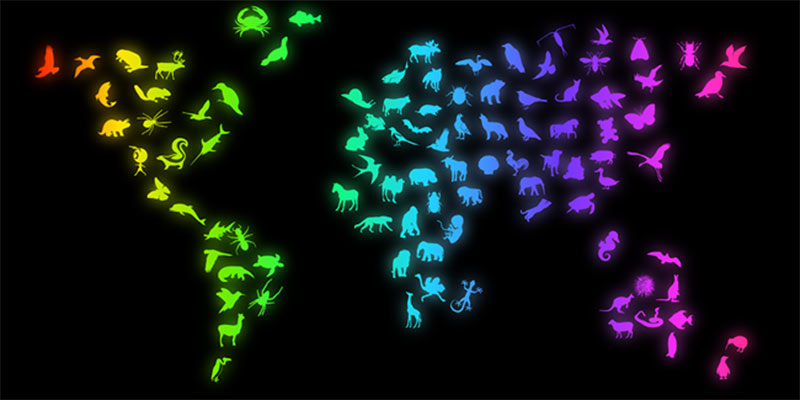
Postdoctoral research associate Tabitha Kabora reflects on the UN Biodiversity Conference COP15, the Global Biodiversity Framework and African development and conservation challenges.

PhD student Chantal Berry has been collaborating with artist Laura Denning, as part of LCAB’s artists residencies programme. She reflects on the progress of the project so far.
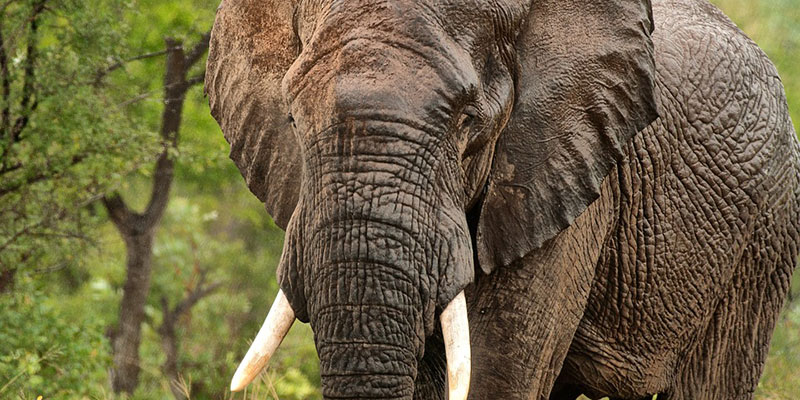
Over the past few months, Molly Brown and May Sumbwanyambe have collaboratively worked towards writing a BBC Radio 4 drama as part of the LCAB Artist Residency program. The play uses a Zambian father and daughter’s disillusioned relationship to delve into the complex debate around ivory.
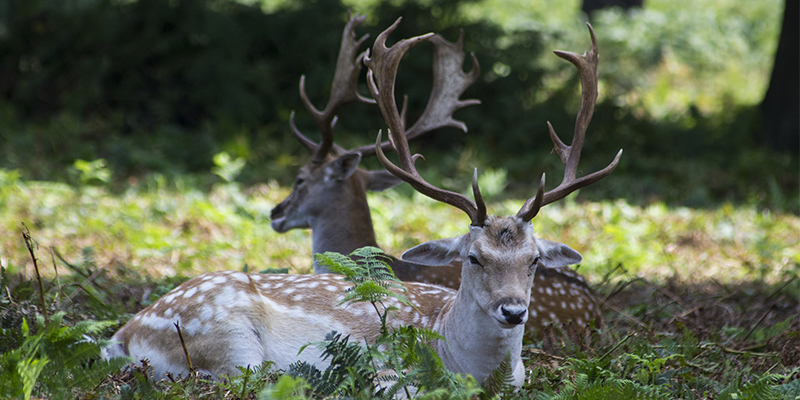
Jack Hatfield discusses his own work and other recent developments regarding European mammals.
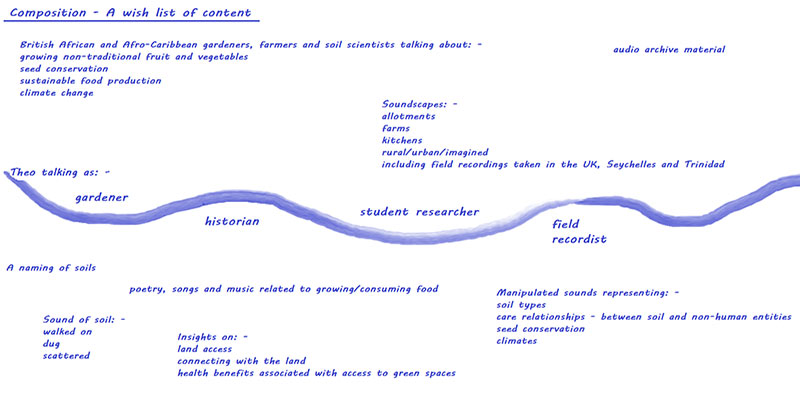
As part of LCAB’s artist residencies, electoacoustic composer Julia Schauerman is collaborating with PhD student Theo Tomking. They reflect on the project so far.
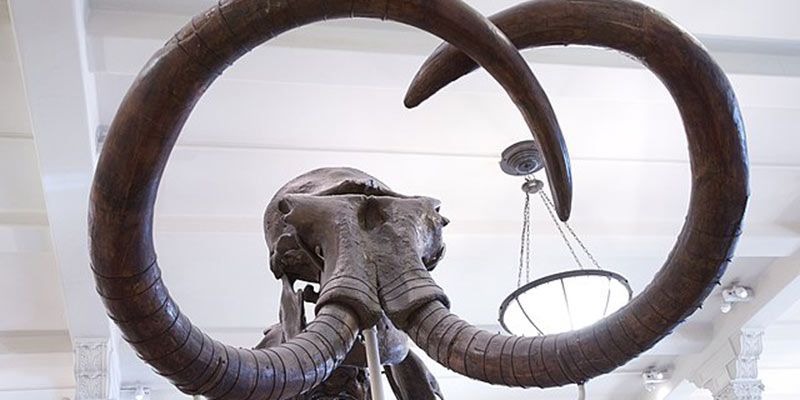
Call for Papers for a hybrid (online and in-person) symposium at LCAB, 14-16 December 2022, which will bring together scholars and creative practitioners to consider the intersections of art and science that have been aroused by the prospect of species revival.
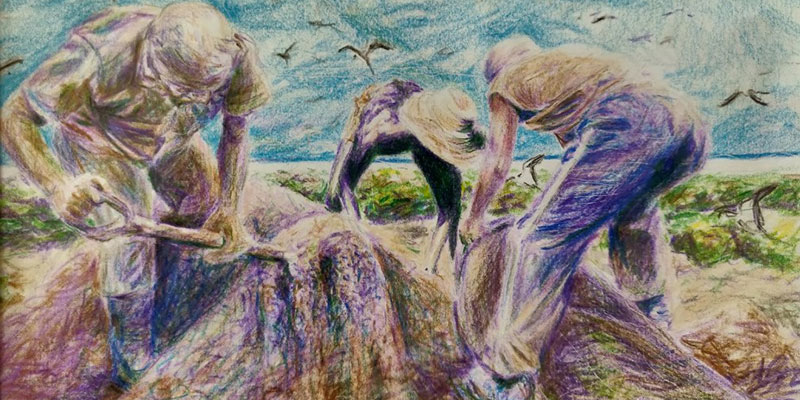
Theo Tomking shares how guano in the Seychelles enriches our understanding of the ecological and social tensions in historical efforts at modifying soils.
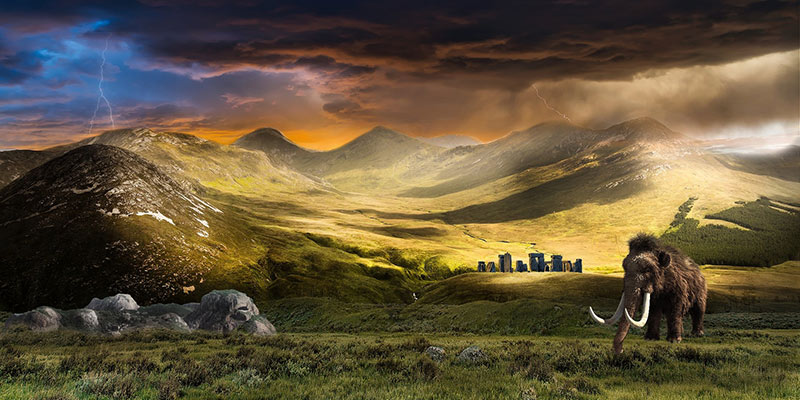
Sarah Bezan considers the cross-dissemination of artistic and scientific practices and their bearing upon one another.

The in vitro production of real meat from animal cells, known as ‘cultured meat’ (CM), makes it possible to make meat without slaughtering animals. Katie Noble explores this emerging industry.
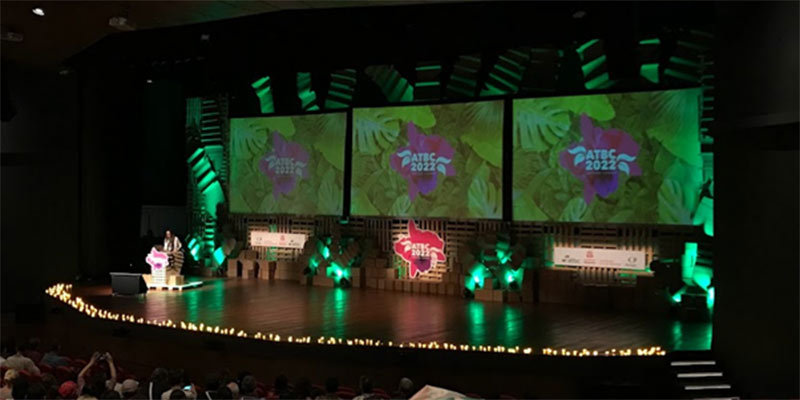
LCAB supported PhD student, Shuyu Deng recently attended the 58th annual meeting of the Association of Tropical Biology and Conservation (ATBC) in Cartagena, Colombia. She writes about her experience.
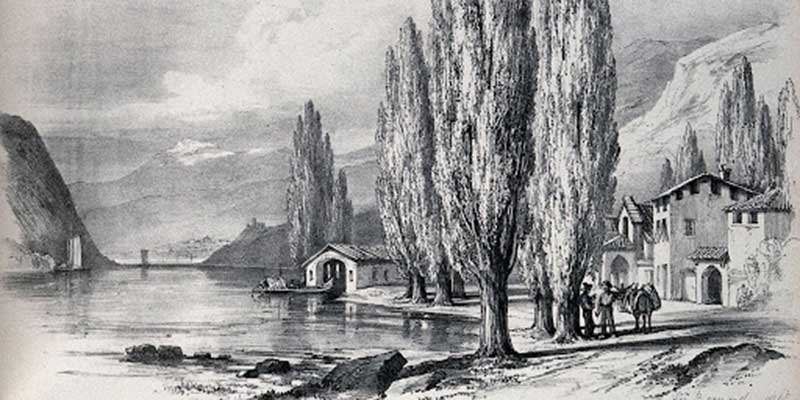
In early nineteenth century Scotland a wave of popular interest in trees swept the nation. Harrie Neal considers the implications.
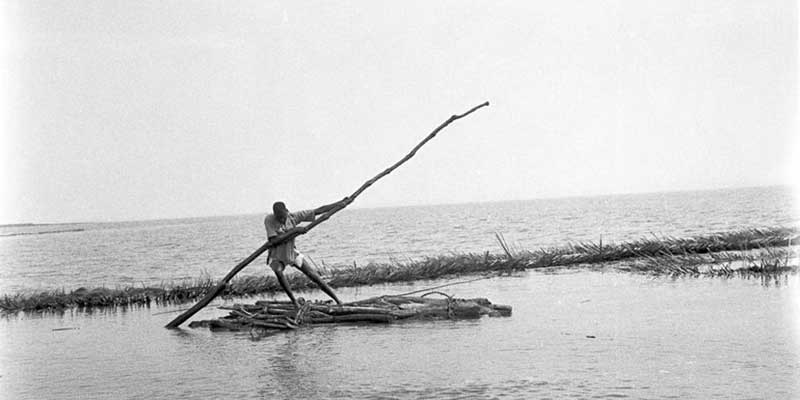
Special events exploring research, ecological activism and museum archives 22-23 July 2022
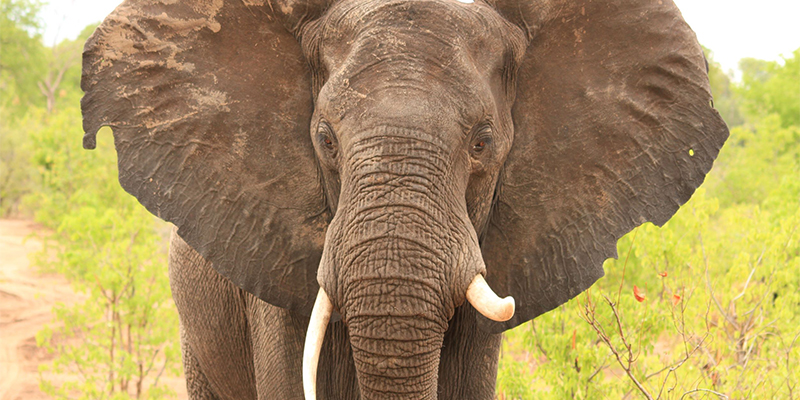
LCAB PhD student Molly Brown considers the complexity of African elephant conservation which is dominated by the ivory trade ban debate in the mainstream understanding of elephant conservation.
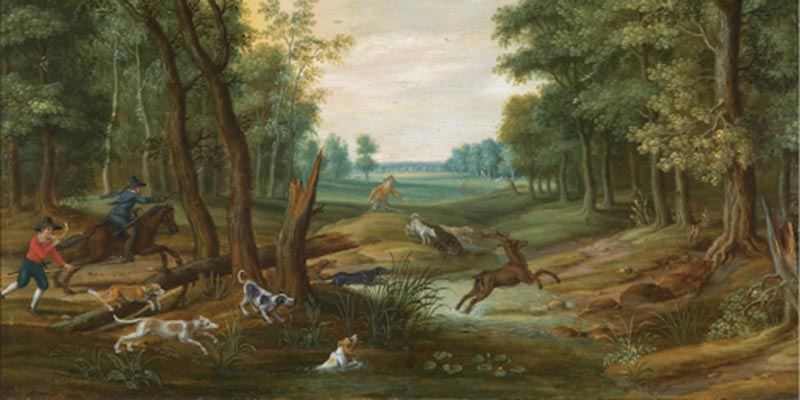
Postdoctoral Researcher Brennen Fagan considers a recent piece on the evolution of cooperation and notes its relationship to management problems.

LCAB announces its first ever artist residency scheme, appointing artists to interpret and communicate the Centre's research through a range of unique collaborations.

Earth's population has grown from 3 - 8 billion people over the last 70 years, a shift that has led to a significant increase in global consumption, a more urban population, extensive landscape conversion and a rapidly changing climate.
.jpg)
Postdoctoral research associate Sarah Bezan delves into an imaginative space of future revived species.
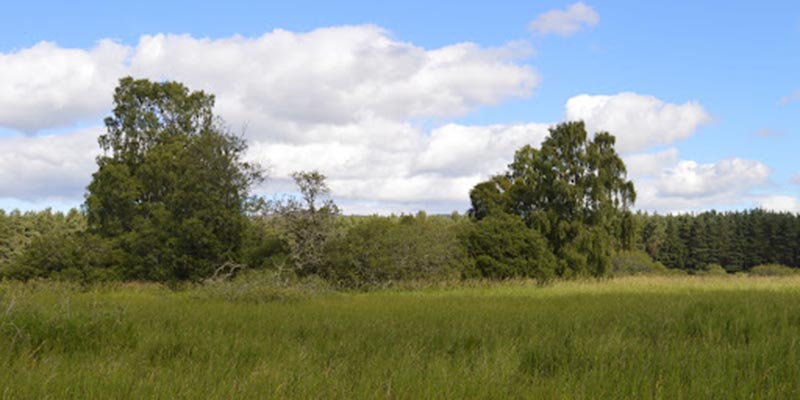
Postdoctoral research associate Michael Stratigos considers Archaeology’s role in wetland environment restoration.

Postdoctoral research associate Tabitha Kabora reflects on how biodiversity research and collaboration at all levels is necessary to ensure a more resilient future.
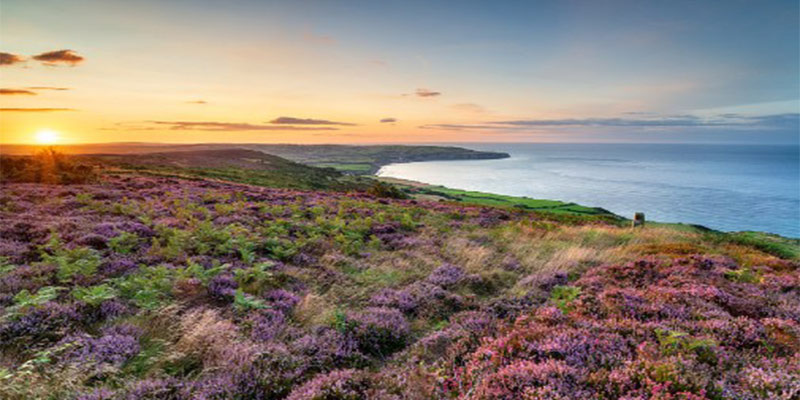
Many of the UK’s protected areas are not delivering for nature and are in poor ecological condition, a new report has found.
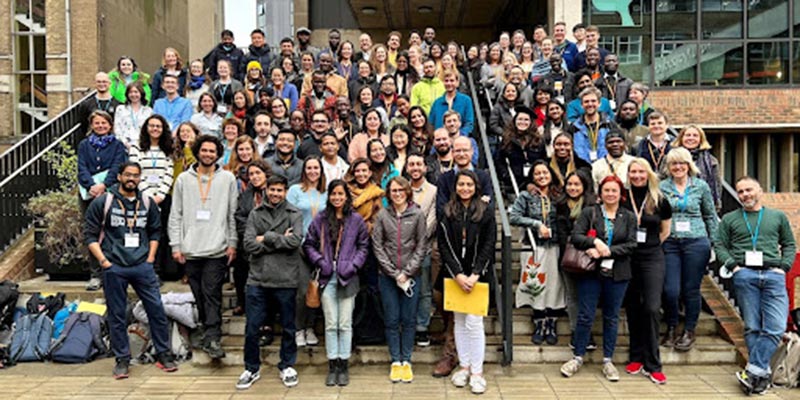
LCAB associated PhD student, Tiffany Ki, recently attended the Student Conference for Conservation Science (SCCS). Here she talks about the experience and some of her previous work.
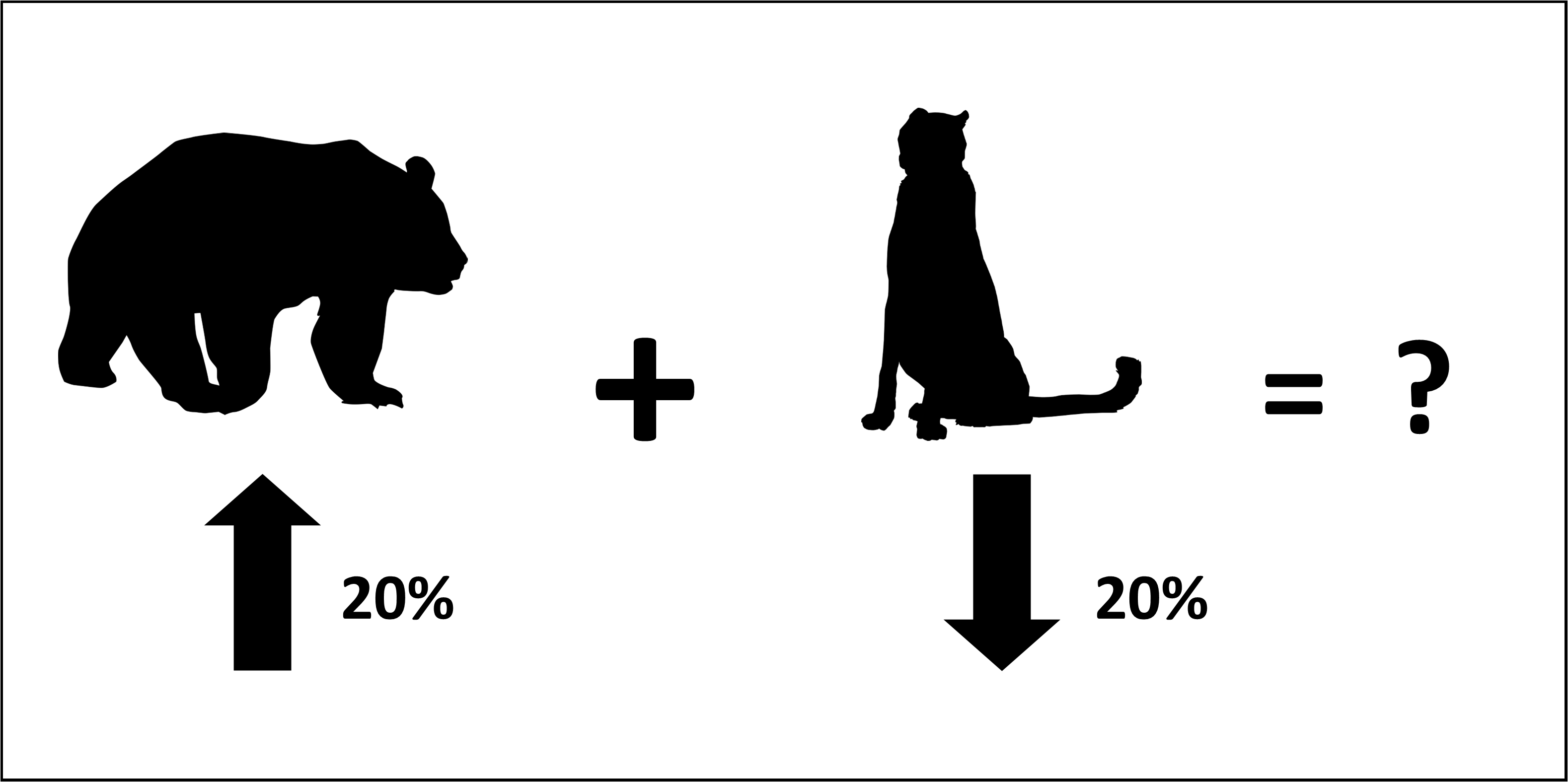
Biodiversity change is complex. As we amass more and more data and aim to make our explanations and predictions global, Jack Hatfield and Tadhg Carroll ask, are we losing sight of these complex details?
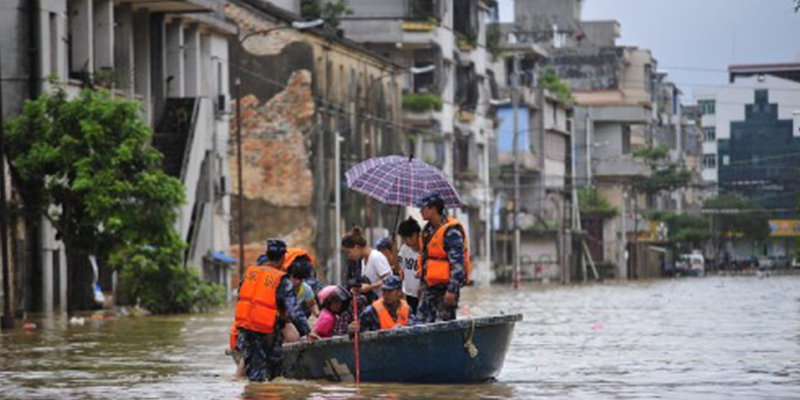
University of York academics have contributed to a major report which warns that human-induced climate change is causing dangerous disruption around the world and the narrow window left to secure a liveable future for all is closing.

LCAB PhD student Chantal Berry suggests that non-visual forms of communication has great potential in conveying the complexities of biodiversity change
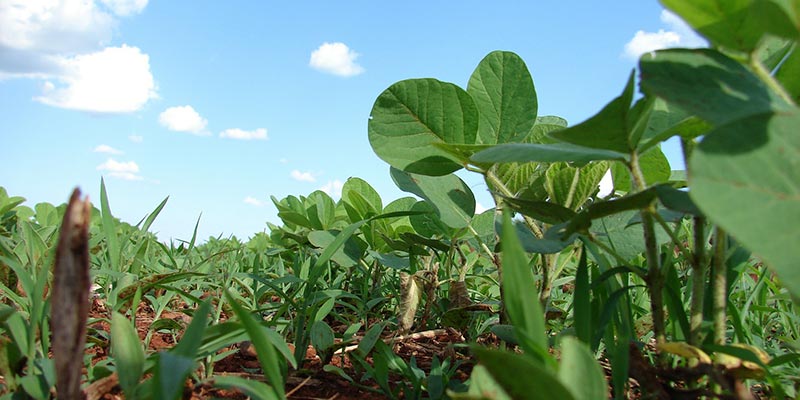
Tyler Gaines advocates a systems thinking approach to complex problems.
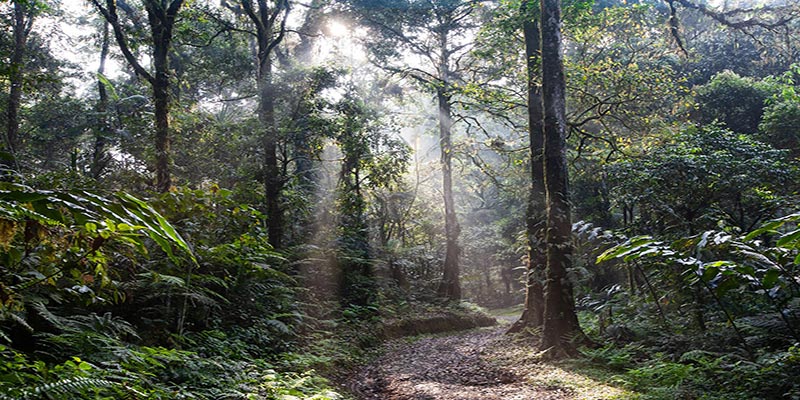
PhD Student Megan Tarrant looks at what the upcoming Post-2020 Global Biodiversity Framework means for human rights in conservation.
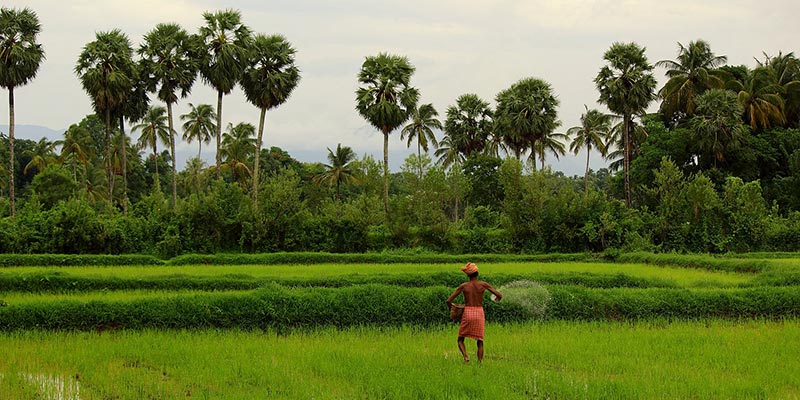
Theo Tomking considers issues concerning the role of local knowledge and the opportunities new technologies present for agriculture in discussions of how we can produce food for a ‘better’ Anthropocene.

PhD student Katie Noble considers the environmentally sustainable alternatives to Concentrated Animal Feeding Operations.
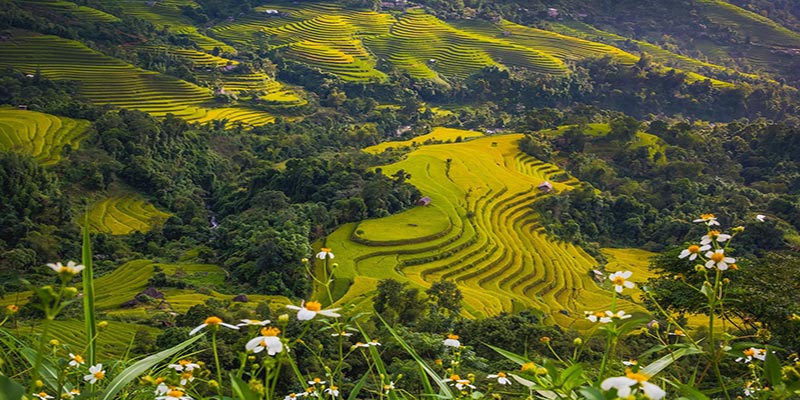
Postdoctoral researcher Tabitha Kabora briefly outlines why understanding historical land use can provide important insights on contemporary Anthropocene biodiversity patterns and facilitate conservation efforts.

Tree planting might seem like an easy answer to UK net zero efforts. But while the carbon capturing ability of trees is not in doubt, in this blog, Dr Alison Dyke argues that trees offer so much more to urban communities than photosynthesis.
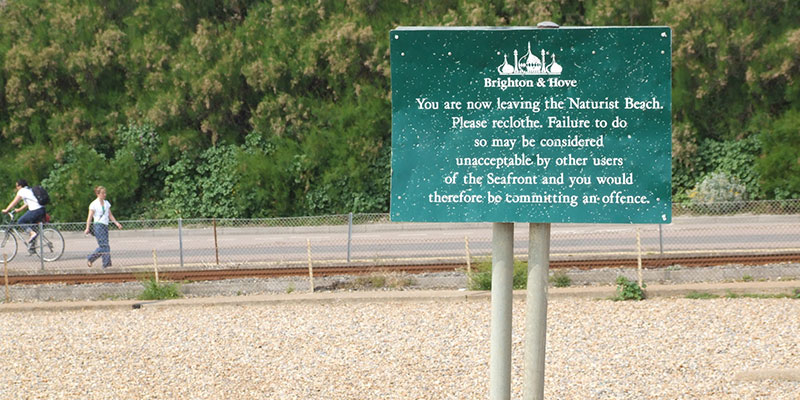
Postdoctoral researcher Harrie Neal considers the need to think about the history of human relations to land in debates about non-native species.
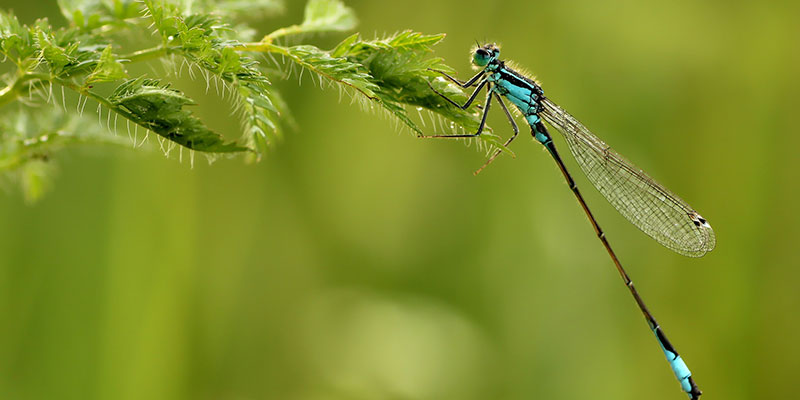
Okay, they’re not exactly Dragons, but dragonflies and damselflies are still pretty cool. Tadhg Carroll takes a look at species which are thriving in the Anthropocene.
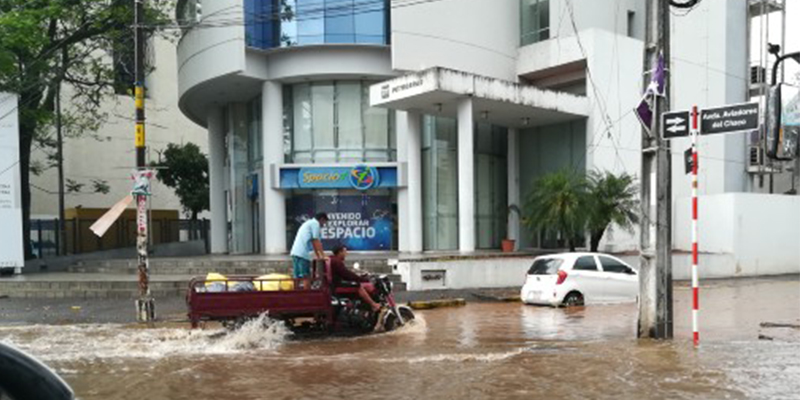
The global response to adapting to climate change is fragmented and incremental, undertaken by individuals rather than a comprehensive and coherent effort by communities and institutions, a new study has revealed.
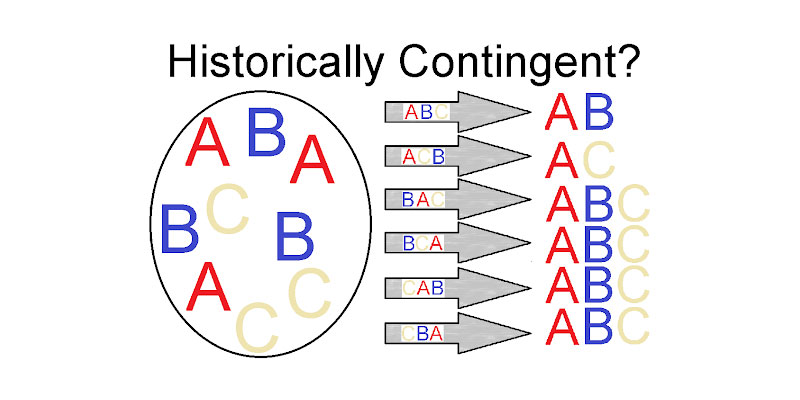
Postdoctoral Researcher Brennen Fagan compares and contrasts different approaches to the problem that history happens only once.

Parts of the Earth will be uninhabitable by 2500 if the current level of effort to address the climate emergency is maintained, a new study predicts.
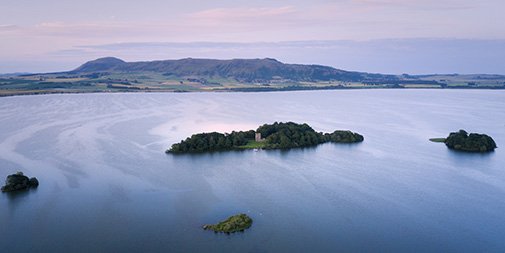
Postdoctoral researchers Anna Woodhead and Michael Stratigos take us through a thought experiment using archeological data to explore changing ecosystem services through time.
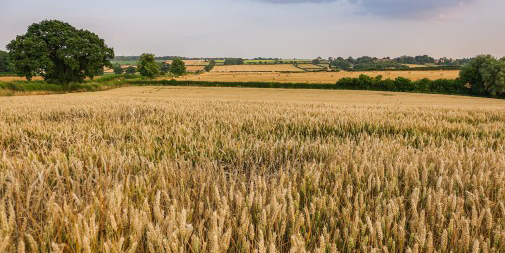
Conservation commitments should focus on the best places to protect rare species, new study suggests
The Prime Minister has pledged to protect 30 per cent of land to support the recovery of nature, but a new study finds that much of the new land that has been allocated to meet this aspiration is not in the highest priority areas for biodiversity conservation.
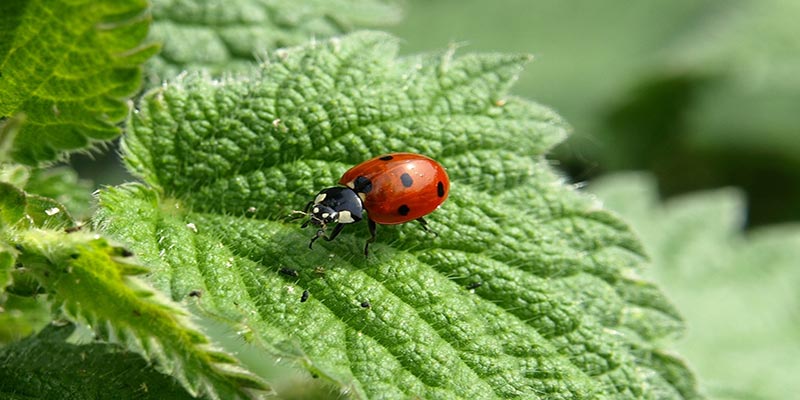
Jack Hatfield discusses why the way we quantify change in species communities is important.
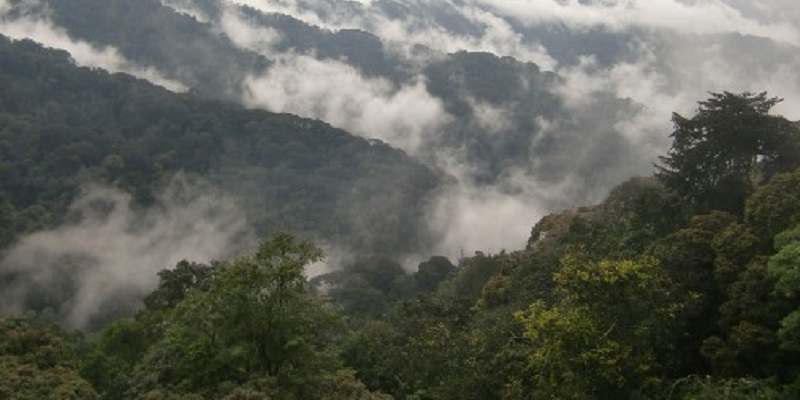
Scientists studying tropical forests in Africa’s mountains were surprised to uncover how much carbon they store, and how fast some of these forests are being cleared.

Postdoctoral research associate Tabitha Kabora reflects on the upcoming COP26, the importance of international cooperation and coordination in conservation efforts and how archaeology is integral in building resilient futures.
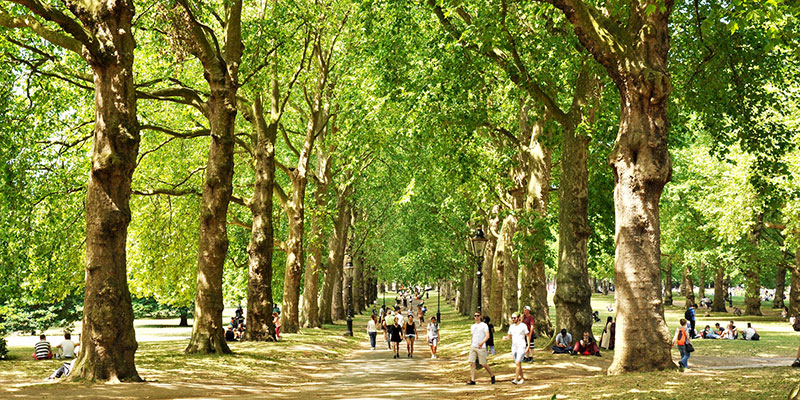
For the last year, Postdoctoral Research Associate Caroline Ward has been working on a project exploring the barriers to accessing greenspaces. Here she summarises why the topic is important.
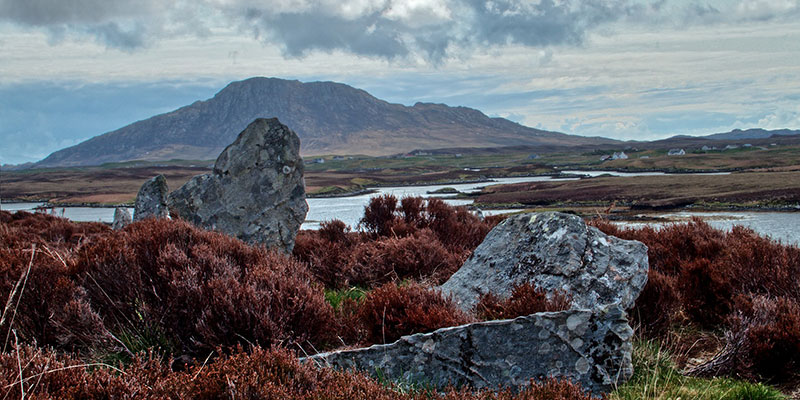
Michael Stratigos illustrates how Archaeology provides an important perspective in addressing what rewilding actually means and how it could be implemented.
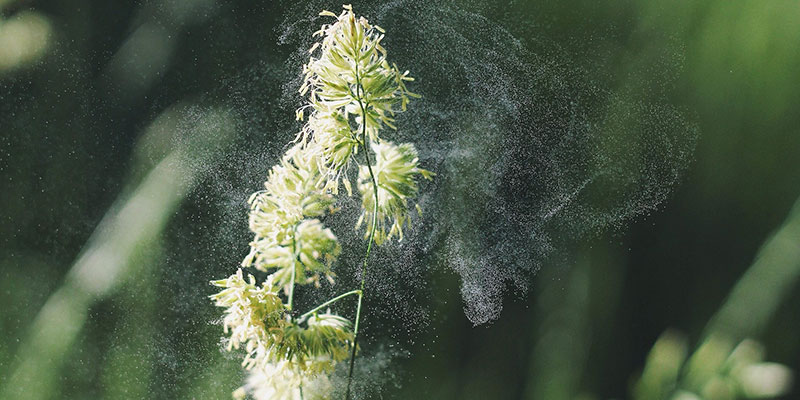
PhD student Jonny Gordon considers the part pollen plays in providing ecologists with a record of past plant communities.
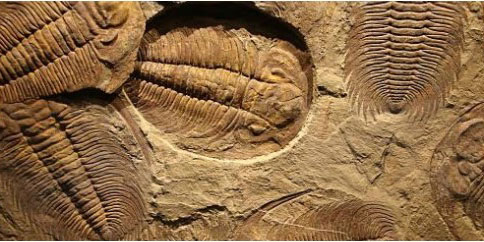
PhD student Alex Payne looks at how the geological record has a fundamental role to play in comprehending the modern world.
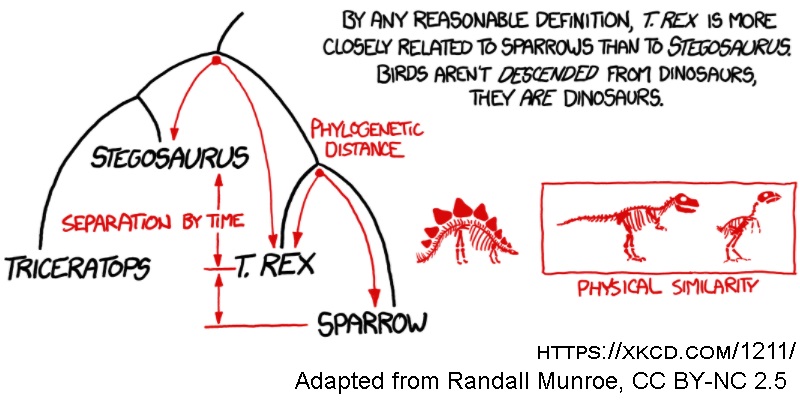
Postdoctoral Research Associate Brennen Fagan looks at the subject of speciation and how different groups have tried to tackle it.
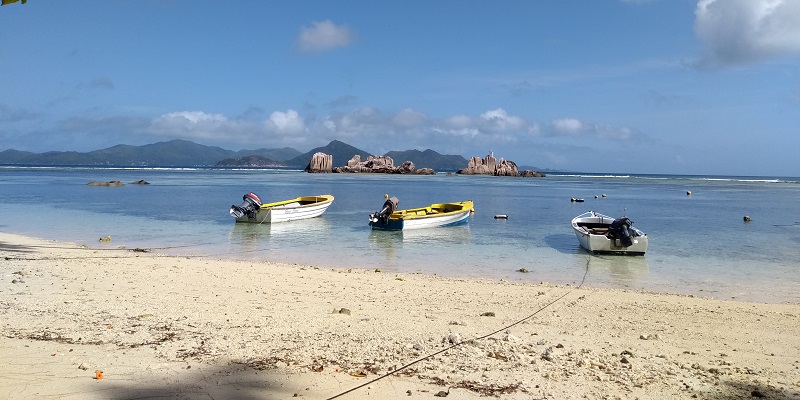
Postdoctoral Research Associate Anna Woodhead looks at whether coral reef fishers have perceived changes in the benefits associated with coral reefs.
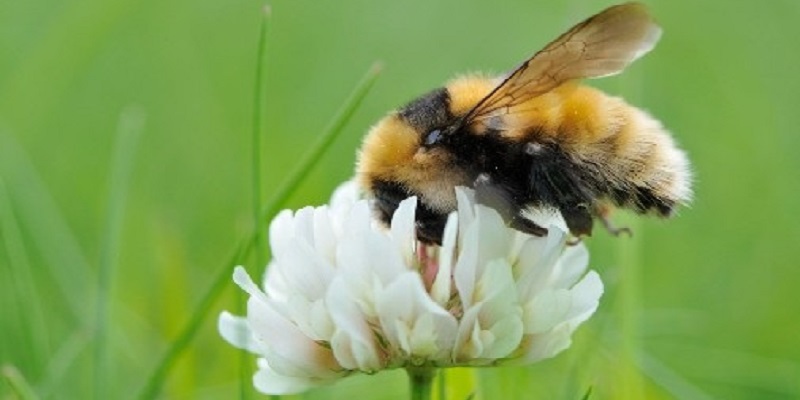
UK landowners and conservationists welcome wider-spread use of Gene Conservation Units (GCUs) to help protect some of the rarest plants and insects, research at the University of York has shown.
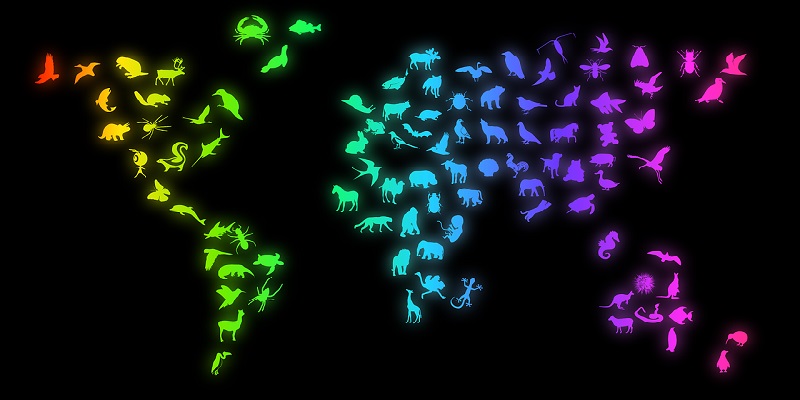
Postdoctoral Research Associate Tadhg Carroll discusses two popular science books that help unpick data driven claims, and shows why they're useful for getting a handle on LCAB’s field of research.
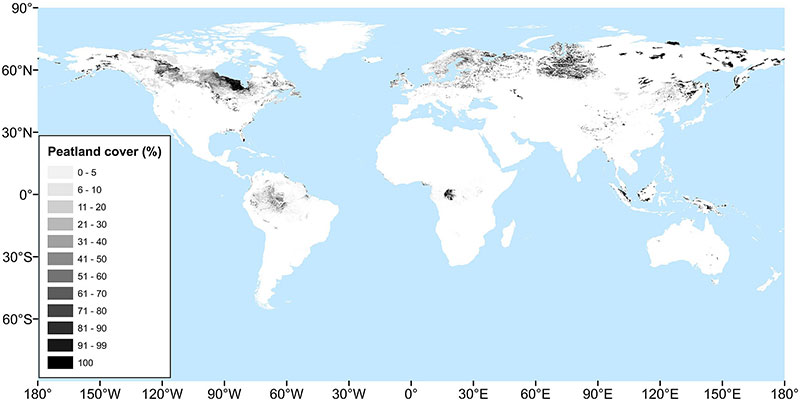
Postdoctoral Research Associate Michael Stratigos considers the importance of knowing where to plant trees versus where to reinstate and promote the development of bogs.

Pete Yeo, reconciliation ecologist and nature mentor, explores Britain's ecology through the lens of William Blake's poem 'And did those feet in ancient times'
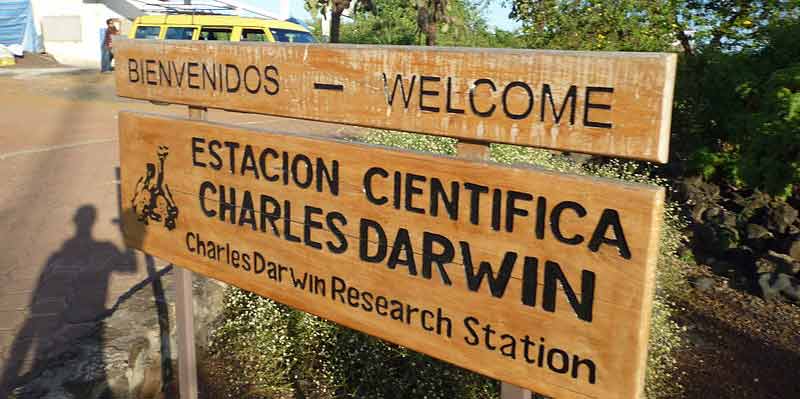
Dr Sarah Bezan, LCAB postdoctoral researcher, explores how the category of “endling taxidermy” has emerged in the wake of the sixth mass extinction.

The Coronavirus pandemic has had a disproportionate impact on the North of England – leading to more deaths and greater social and economic hardship than any other region in England, according to a new report.
.jpg)
The Leverhulme Centre for Anthropocene Biodiversity (LCAB) is delighted to announce that we've moved into a newly refurbished space in the Berrick Saul building on Campus West at the University of York.
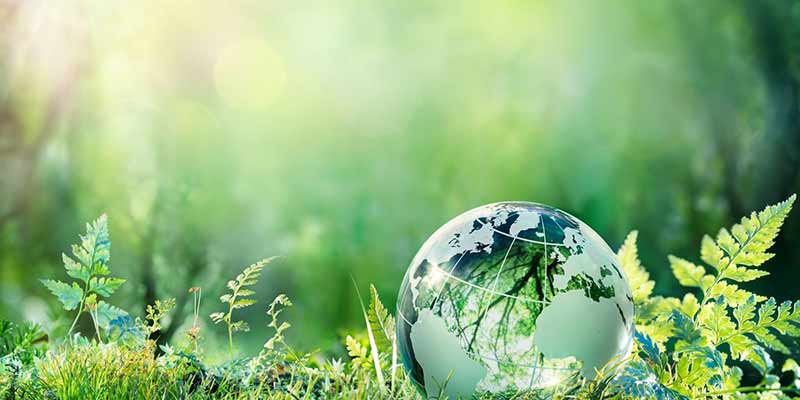
A new study, published by the European Forest Institute, calls for collective action to put nature at the heart of the economy and set the world on a sustainable path.
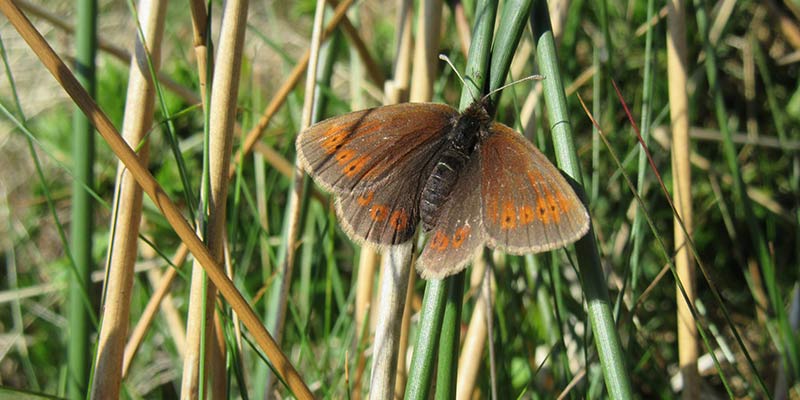
Conservationists may be forced to relocate cold-loving butterflies over next 50 years, study reveals
Some of Europe’s native butterflies may have to be moved to colder climes if they are to survive global warming, a new study suggests.
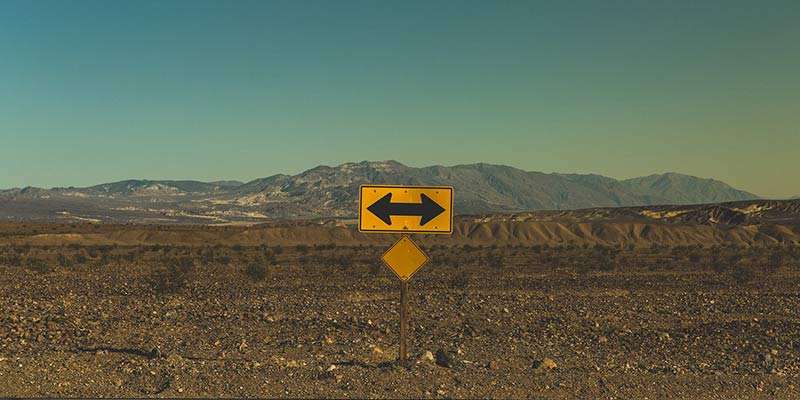
COVID-19 is a horrible global crisis. Yet, like previous horrible global crises, including WWI and WWII, it also presents an opportunity and an obligation to rebuild our global society to adapt to changing conditions.
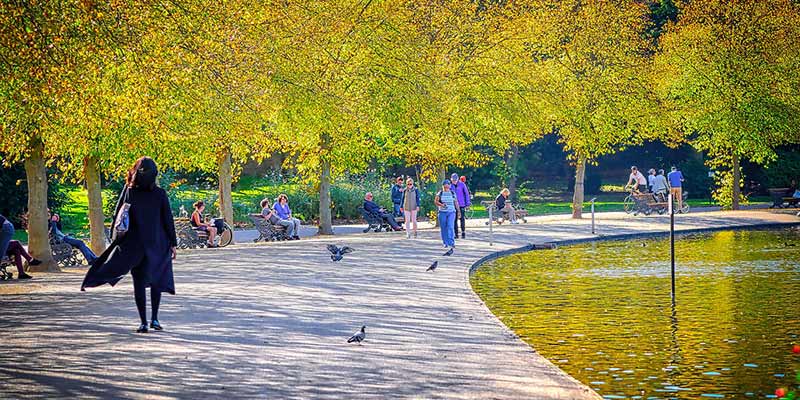
The Leverhulme Centre for Anthropocene Biodiversity (LCAB) is funding a new research project aiming to explore the drivers behind inequalities in accessing greenspaces in Leeds.
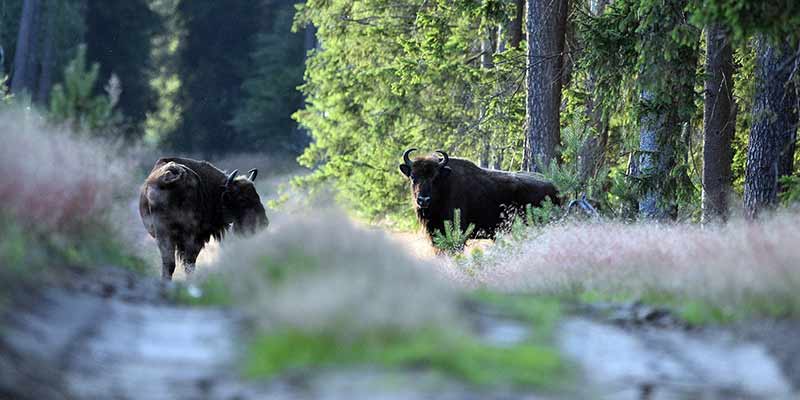
A couple of our researchers give their points of view on the planned release of a small herd of wild bison in Kent, as part of a £1m project to reintroduce the animals and help secure the future of an endangered species.
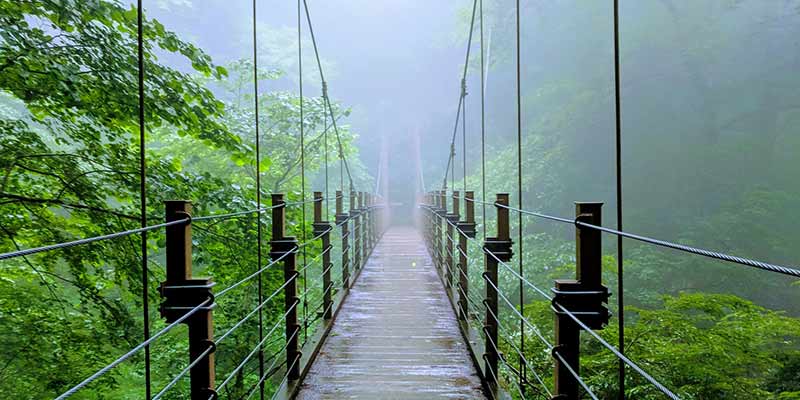
Professor Robert Costanza and Dr Ida Kubiszewski talk Ecological Economics and how it can help create a prosperous, just, equitable and sustainable future.
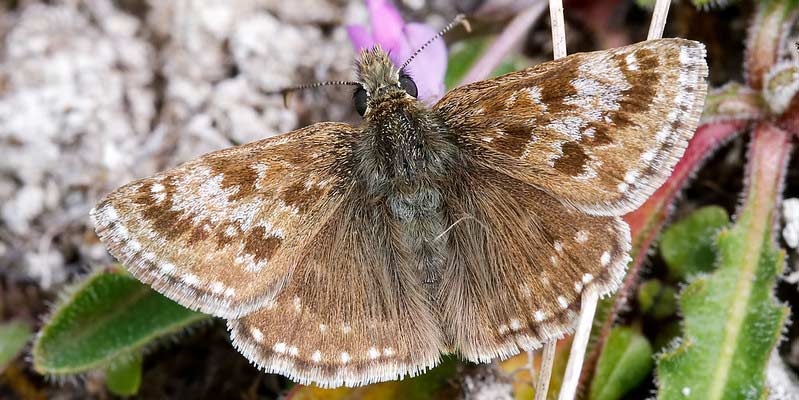
Conservation management around the margins of agriculture fail to protect butterfly species at greatest risk from the intensification of farming, a new study says.
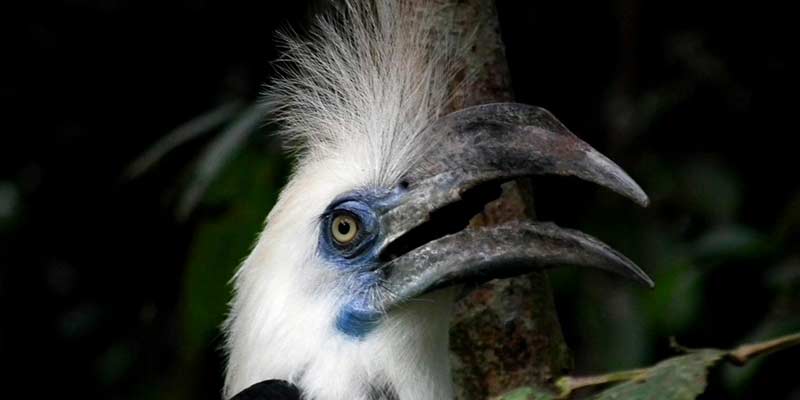
Forest conservation areas in oil palm plantations play a vital role in storing carbon and boosting rainforest biodiversity, a new study on palm oil agriculture in Borneo has revealed.
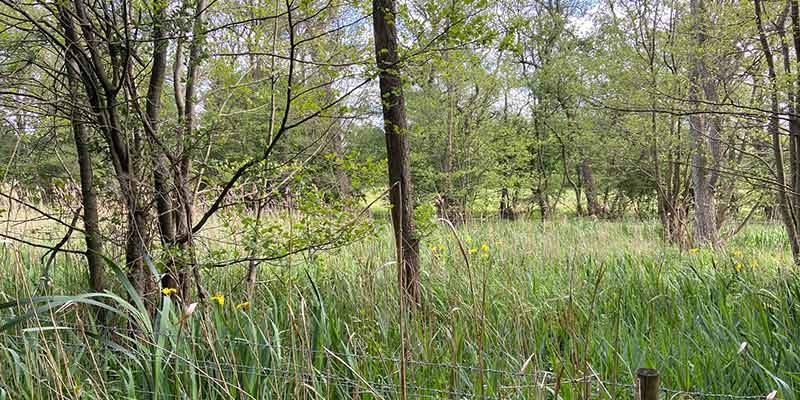
Professor Kate Pickett explores the local biodiversity of Askham Bog Nature Reserve.
-(1).JPG)
Local community involvement is vital in efforts to raise water levels to help restore Indonesia’s tropical peatlands, a new study has found.
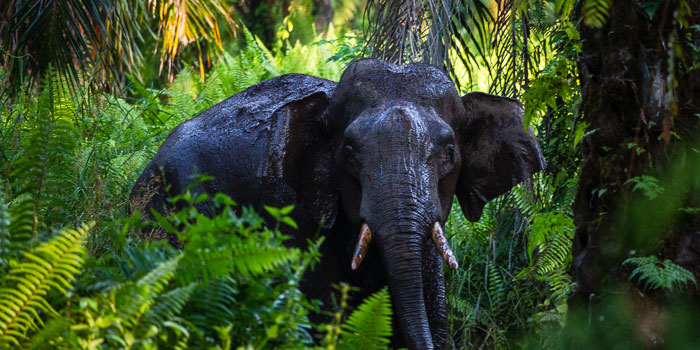
An international team of researchers, including academics from the University of York, are working to help identify priority forest areas for protection on Borneo.

Inês Martins has been awarded a prestigious Marie Skłodowska-Curie Actions (MSCA) Individual Fellowship.
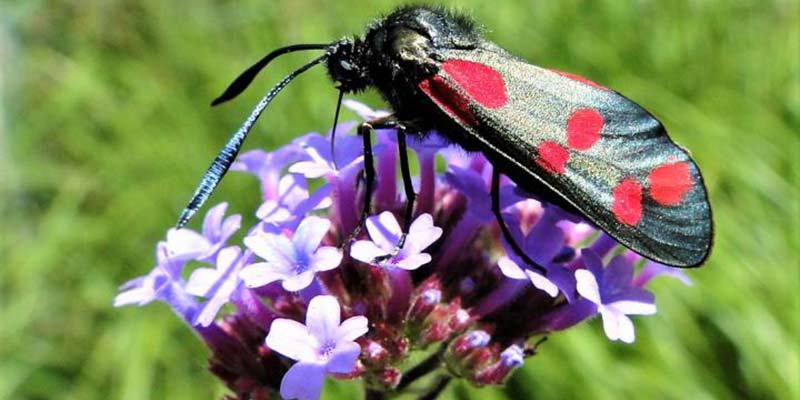
Non-native plants are providing new homes for Britain’s insects - some of which are rare on native plants, a new study has found.
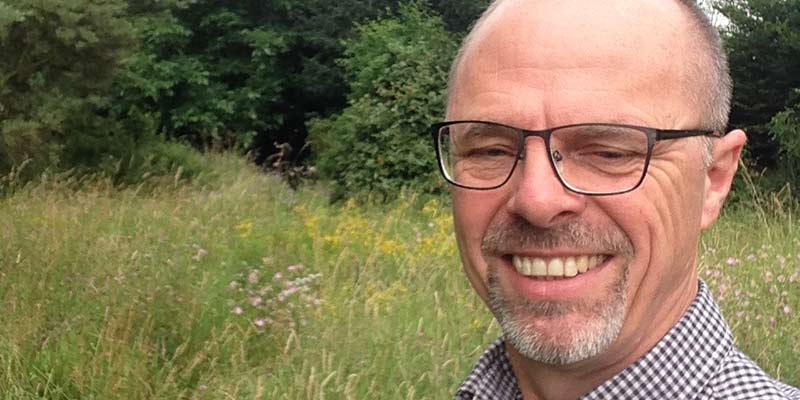
Professor Chris Thomas, Director for the Leverhulme Centre for Anthropocene Biodiversity, has been named as a Highly Cited ‘Cross-Field’ Researcher.
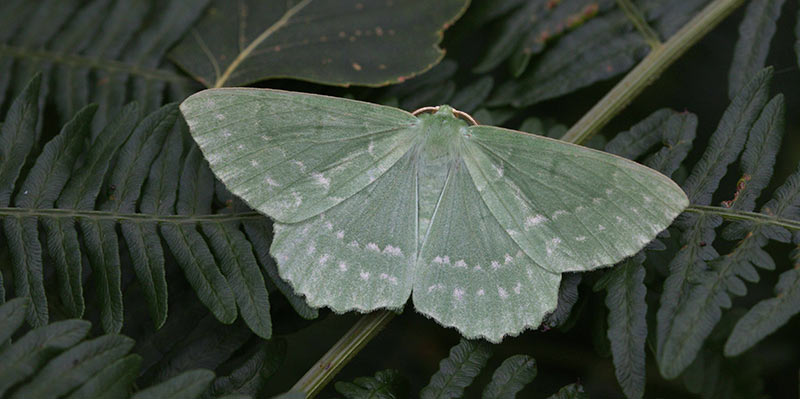
Researchers who set out to test the widespread theory that the UK is experiencing an alarming plunge in insect numbers have found no evidence for ‘Insect Armageddon’.
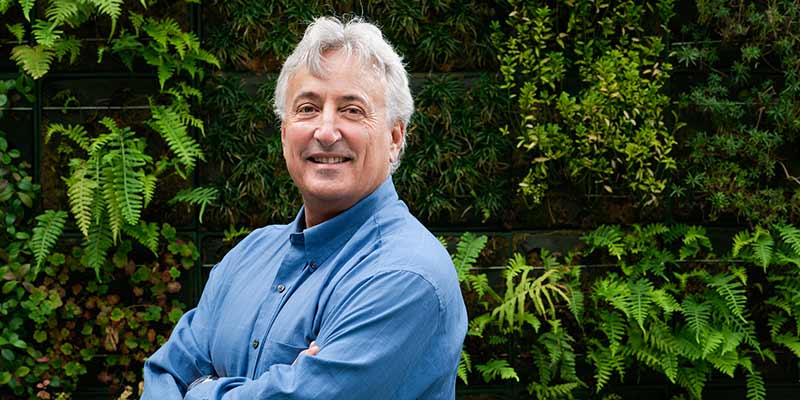
Professor Robert (Bob) Costanza has been elected a Fellow of the Academy of Social Sciences in Australia, for his work related to public policy.

Scientists have discovered why climate change may be contributing to the decline of some British butterflies and moths, such as Silver-studded Blue and High Brown Fritillary butterflies.
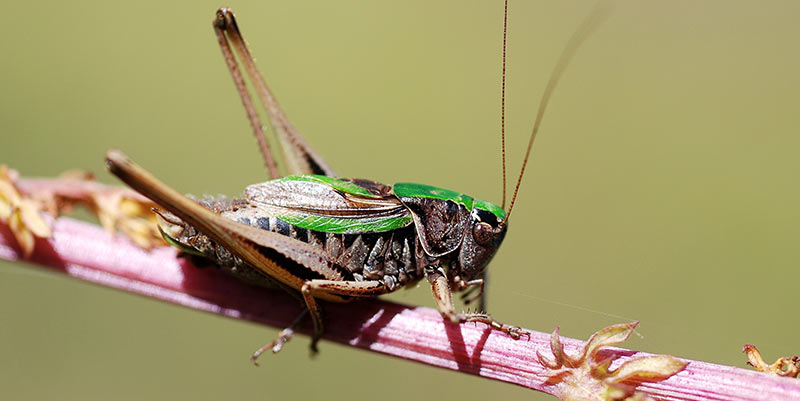
Many insects moving north in response to climate change find they have nowhere to go in Britain’s intensively managed landscapes, according to new research.

Researchers have discovered the first evidence of tropical insects shrinking in size in their bid to survive rising temperatures.
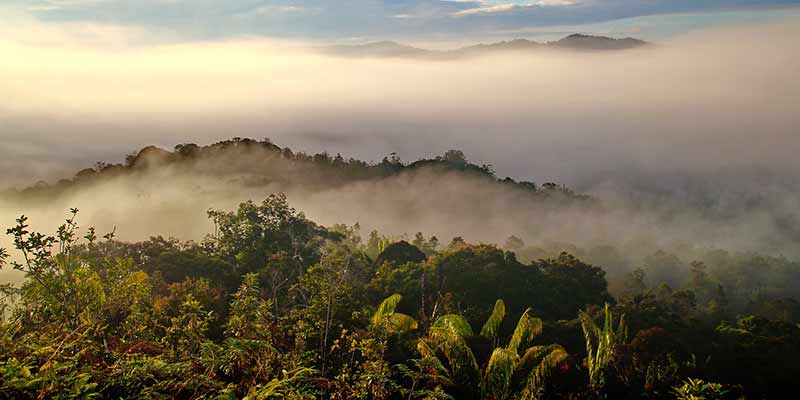
Connected areas of high-quality forest running through oil palm plantations could help support increased levels of biodiversity, new research suggests.
.jpg)
Faster rates of climate change could be increasing the diversity of plant species in many places, according to research from the University of York.
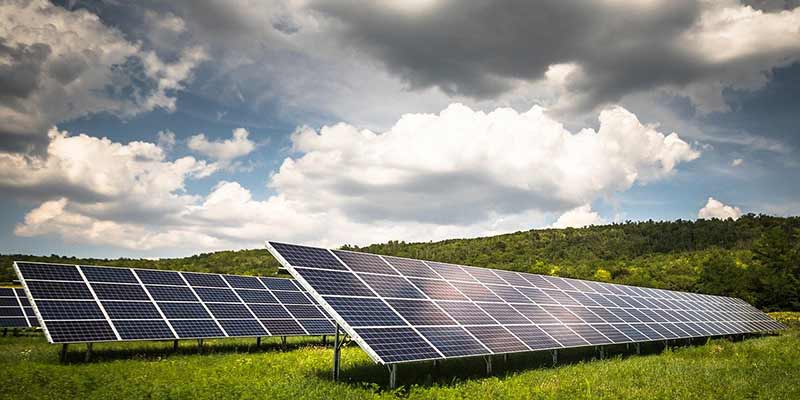
A new report suggests that in addition to producing clean energy, solar farms could offer a vital boost to Britain’s rare species.
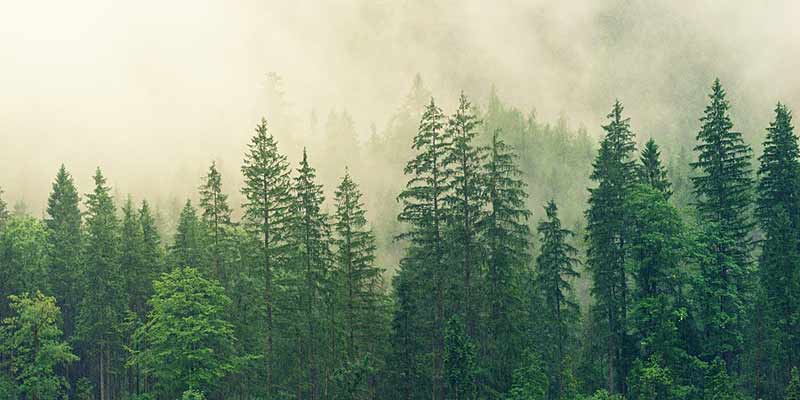
The Leverhulme Trust Board has announced it will fund up to £10 million over the next 10 years to establish a new centre for research on biodiversity change at the University of York.
